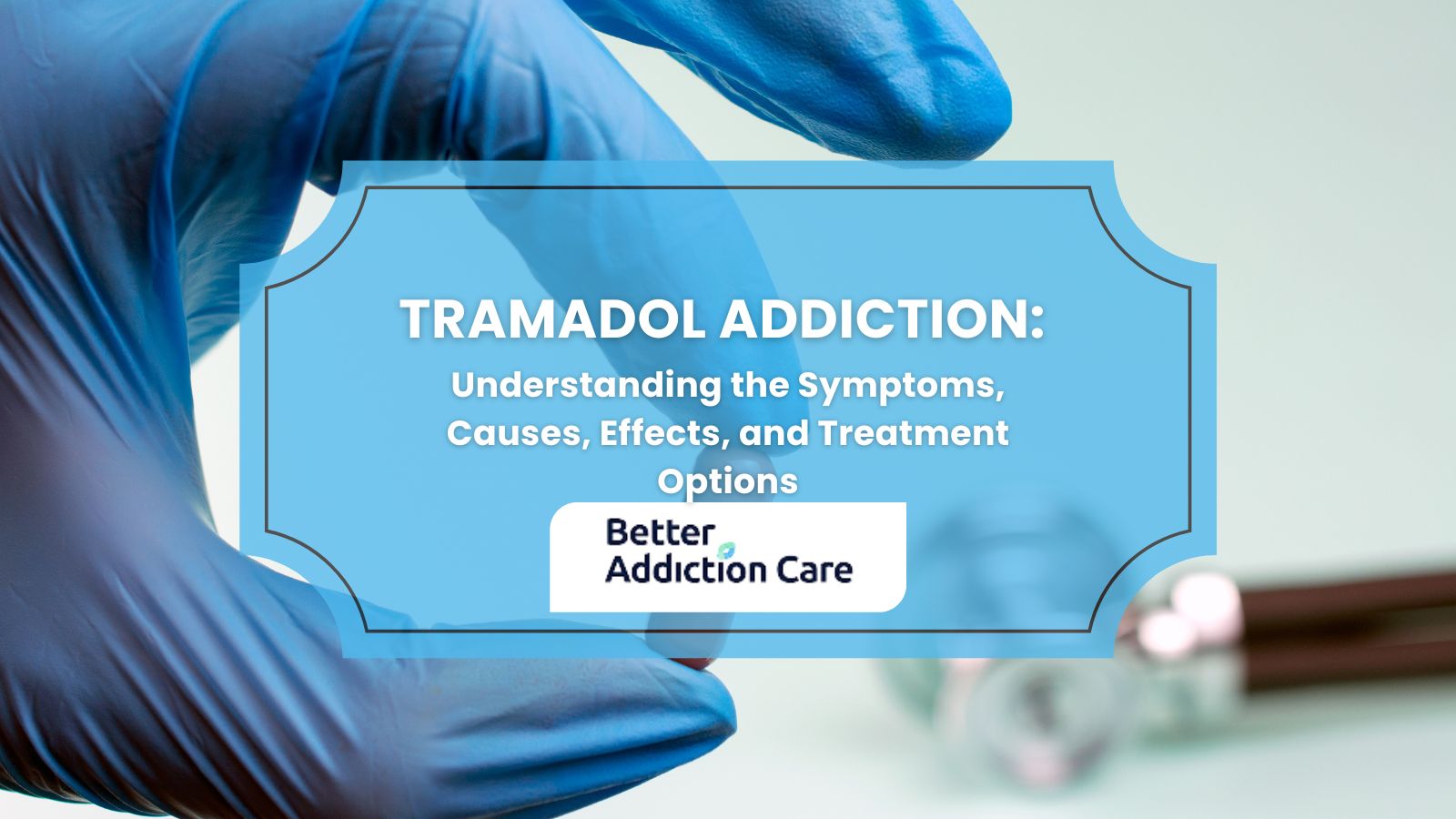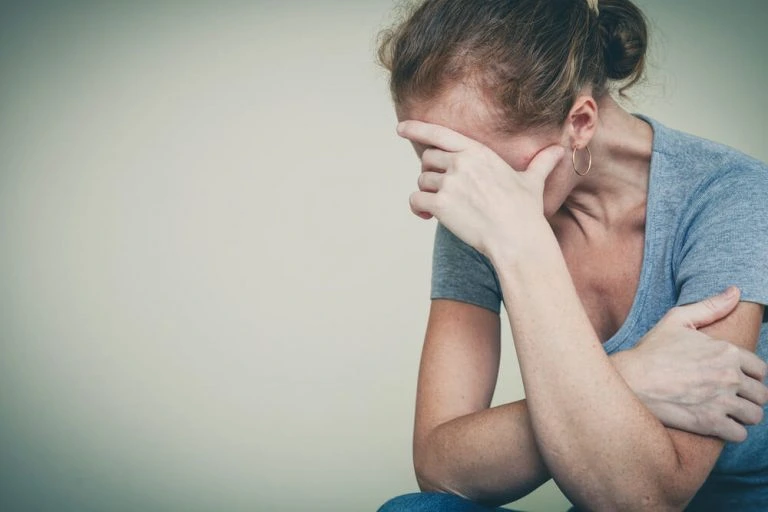259 Best Alcohol and Drug Rehabs in Indiana 2025
Searching for drug rehab centers in Indiana? Our directory lists 259+ drug rehab centers, including inpatient and outpatient facilities, detox centers, and medication-assisted treatment (MAT) programs to support recovery.
Compare treatment options, locations, and services to find the right facility for your needs. Whether you’re looking for medical detox, behavioral therapy, or long-term recovery programs, explore verified providers in Indiana.
Browse the listings below to find the best accredited addiction treatment centers near you and take the next step toward recovery.
259 Treatment Centers in Indiana, US
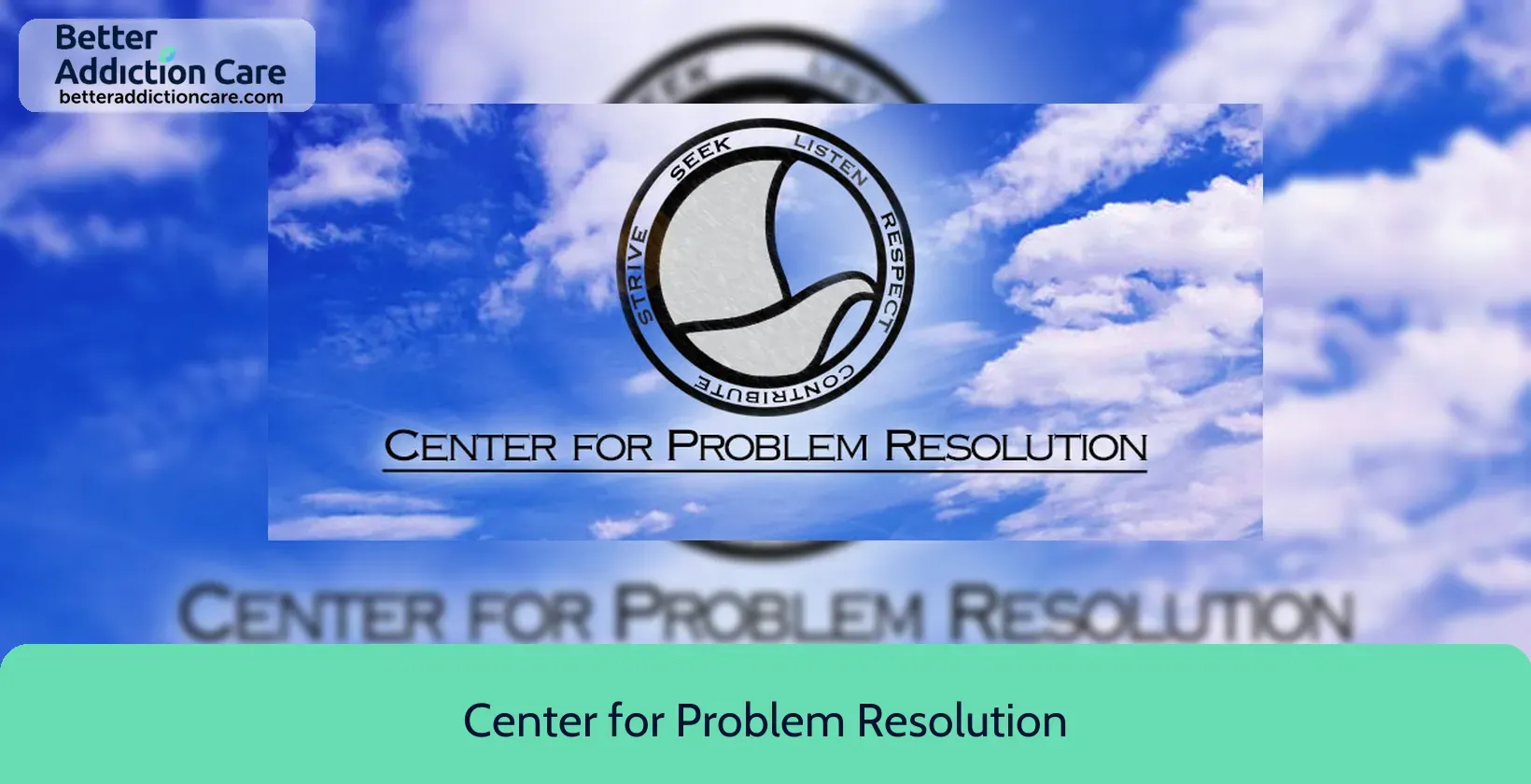
7.12
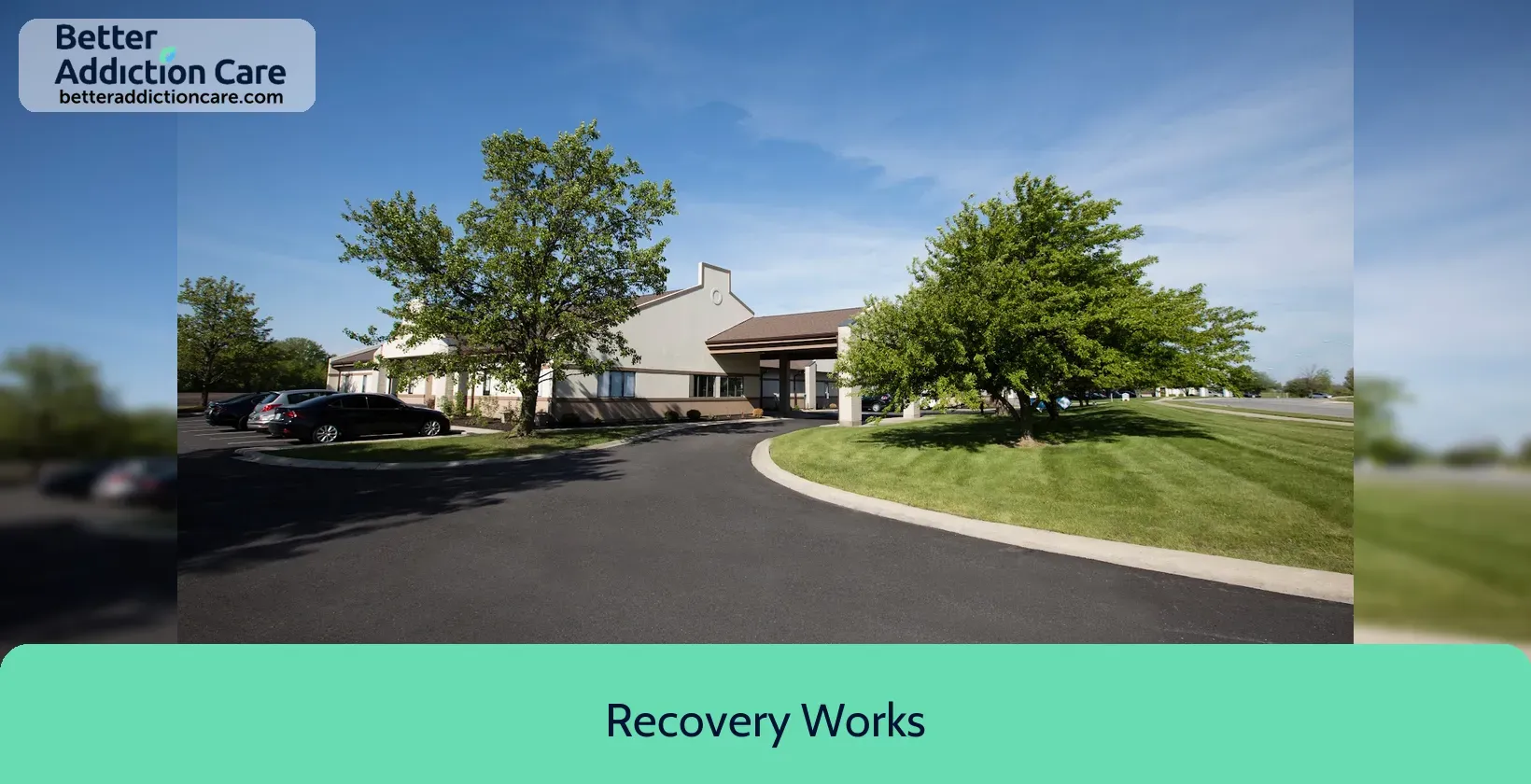
7.83
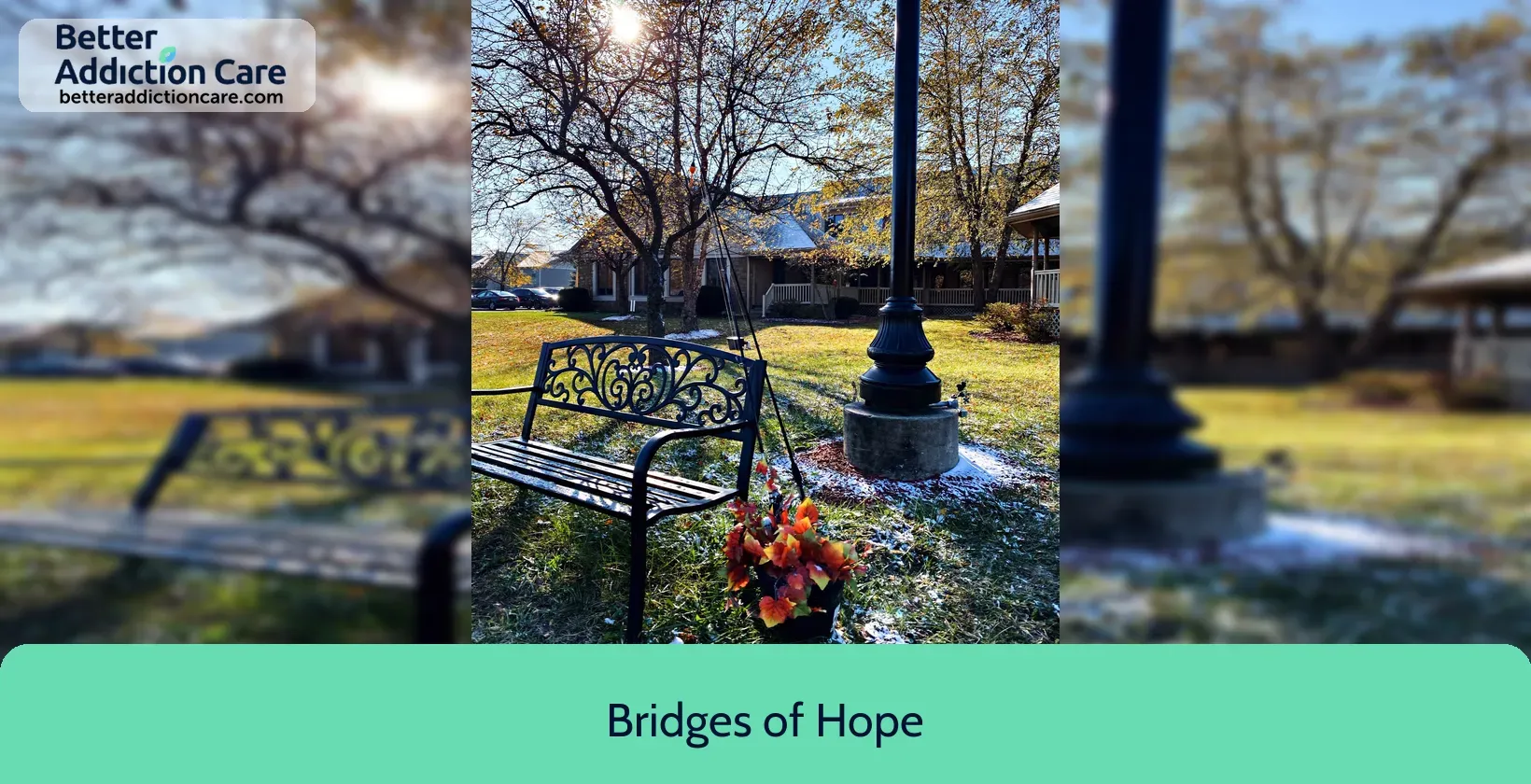
7.55
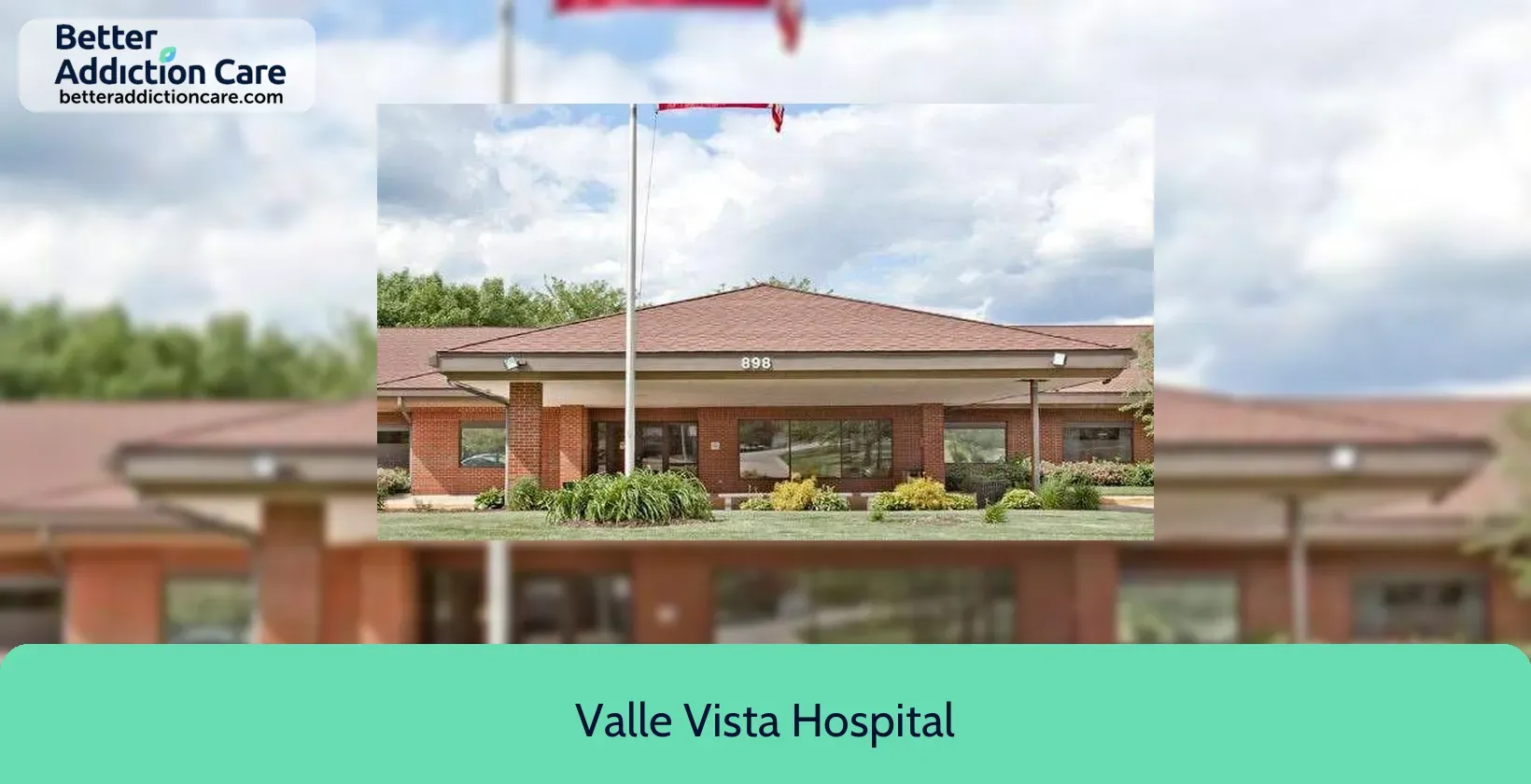
7.69
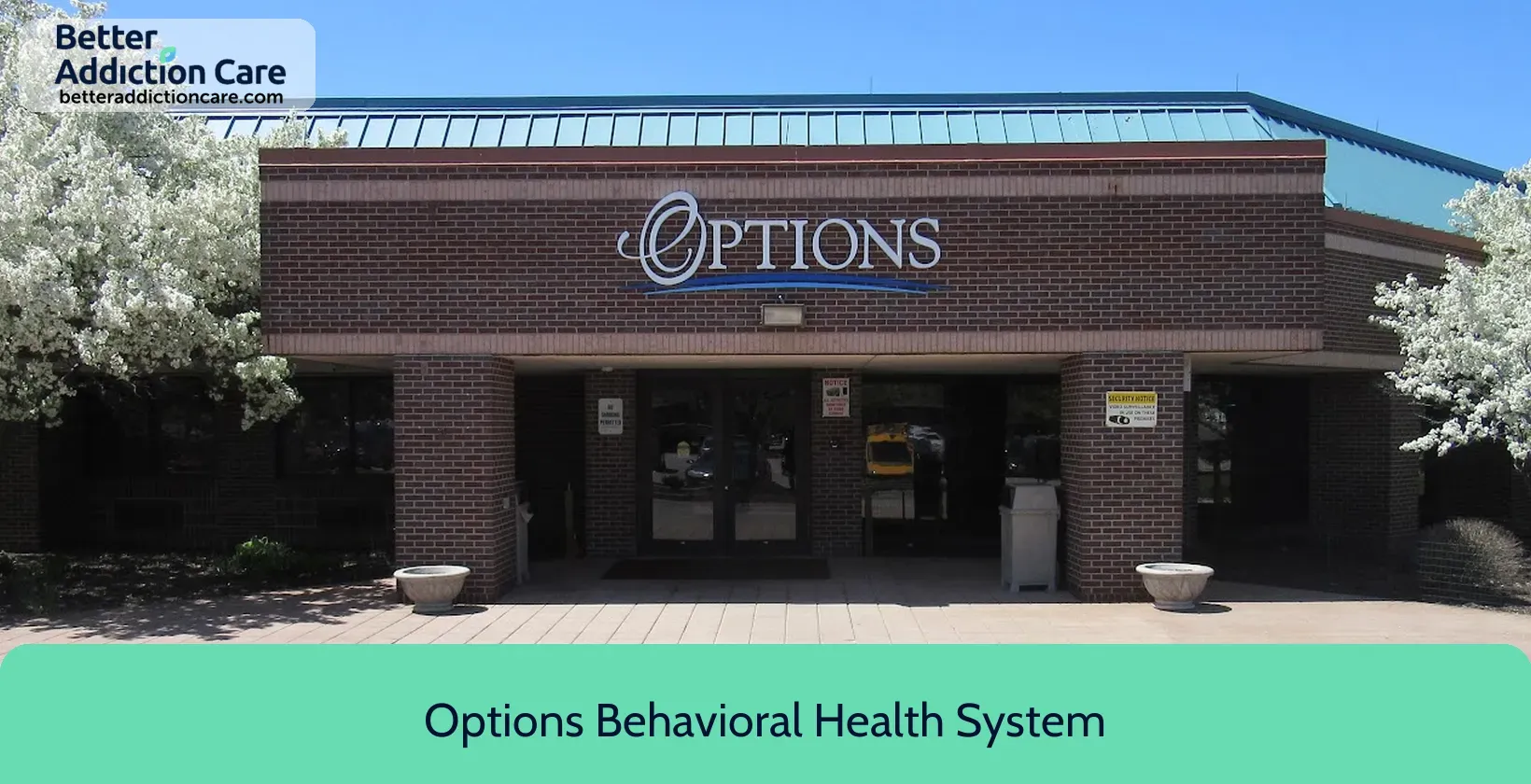
7.83
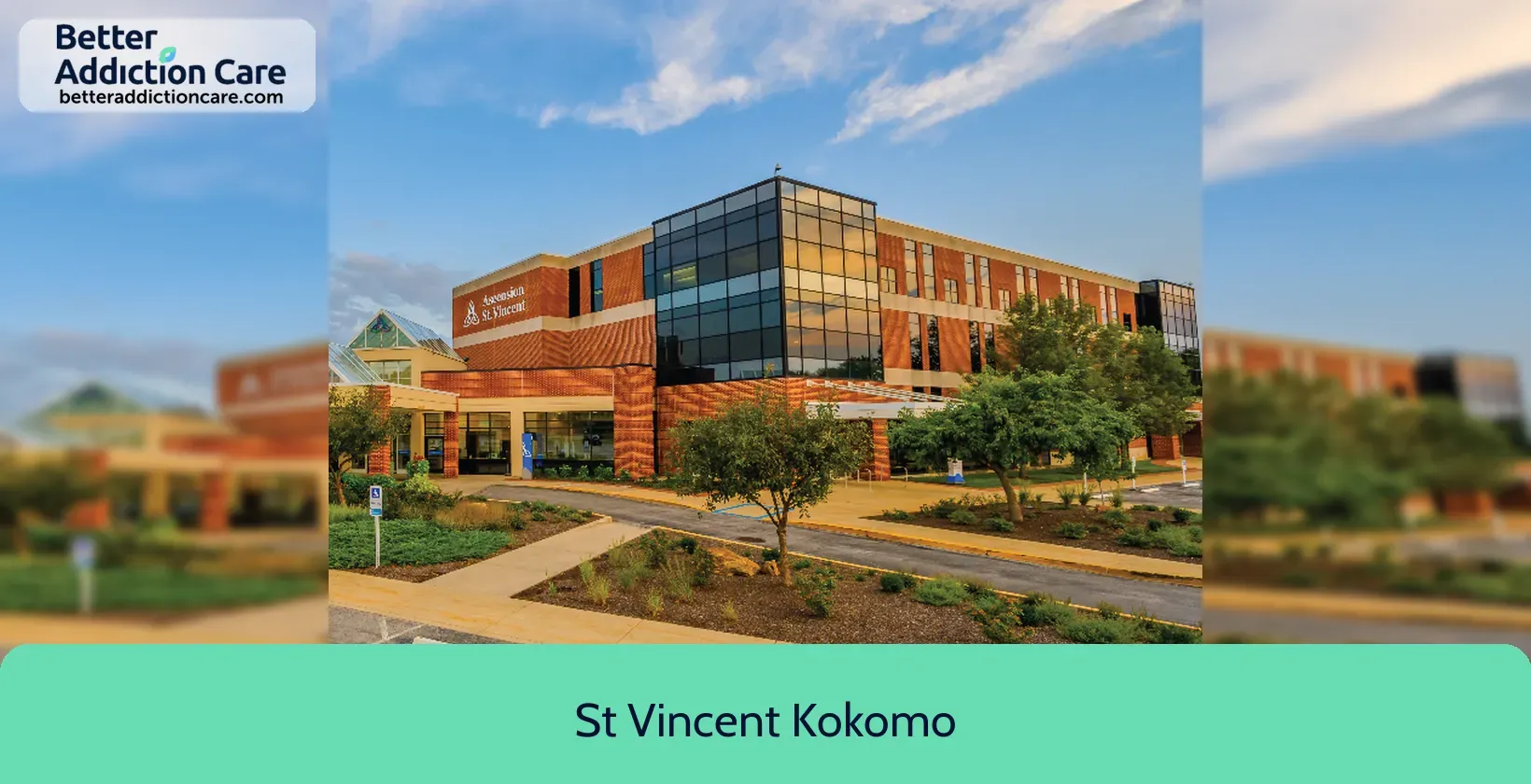
7.56
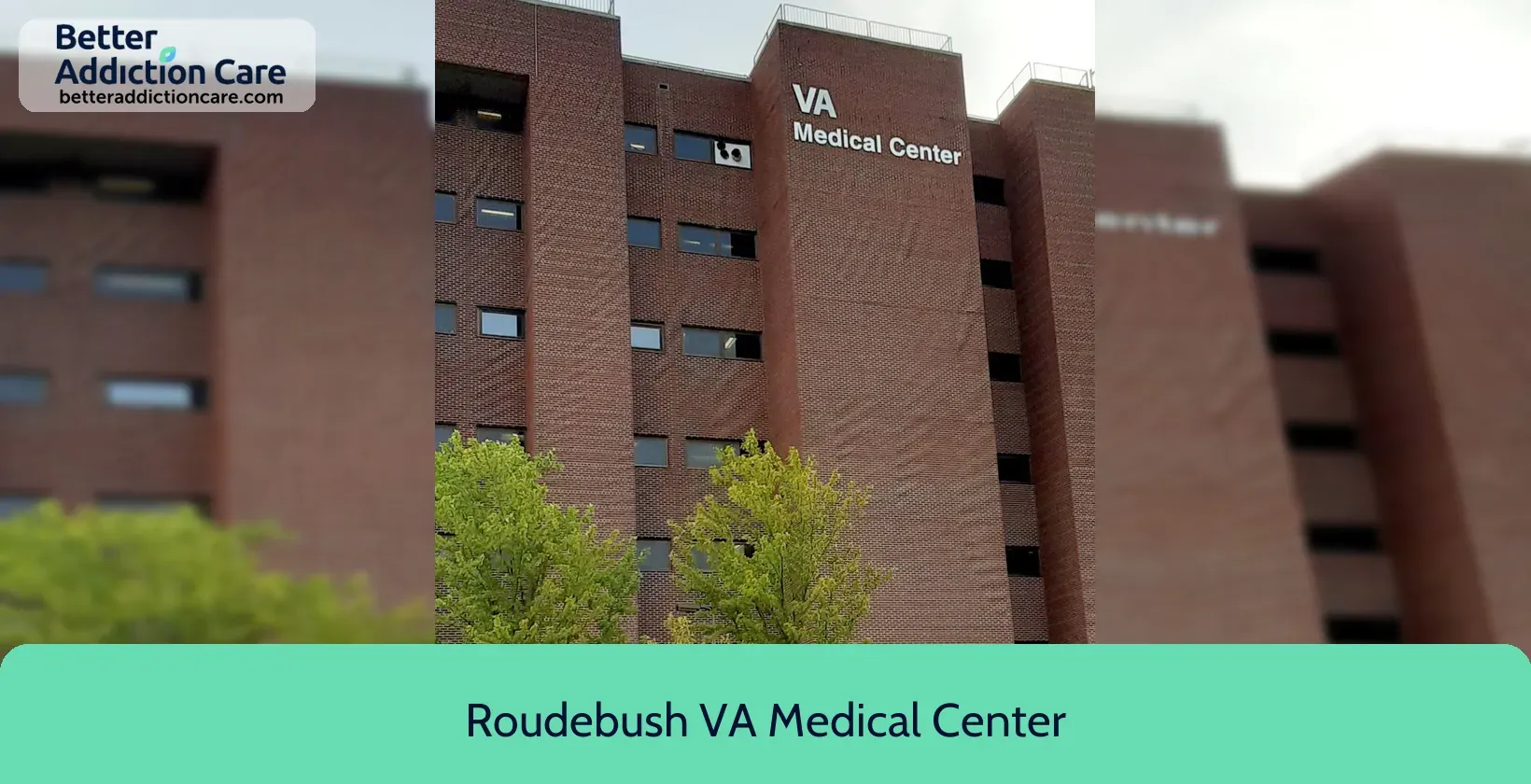
6.67
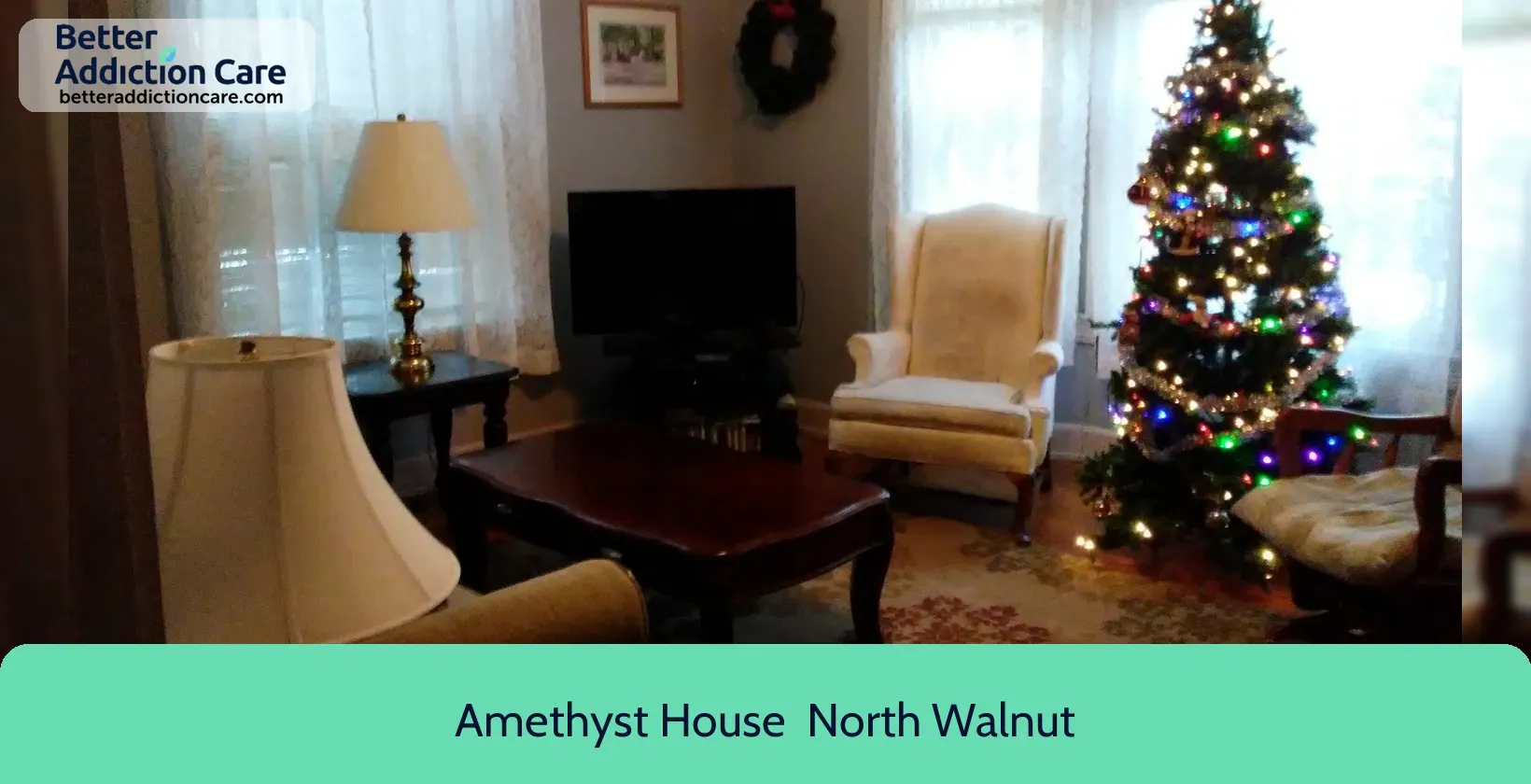
7.12
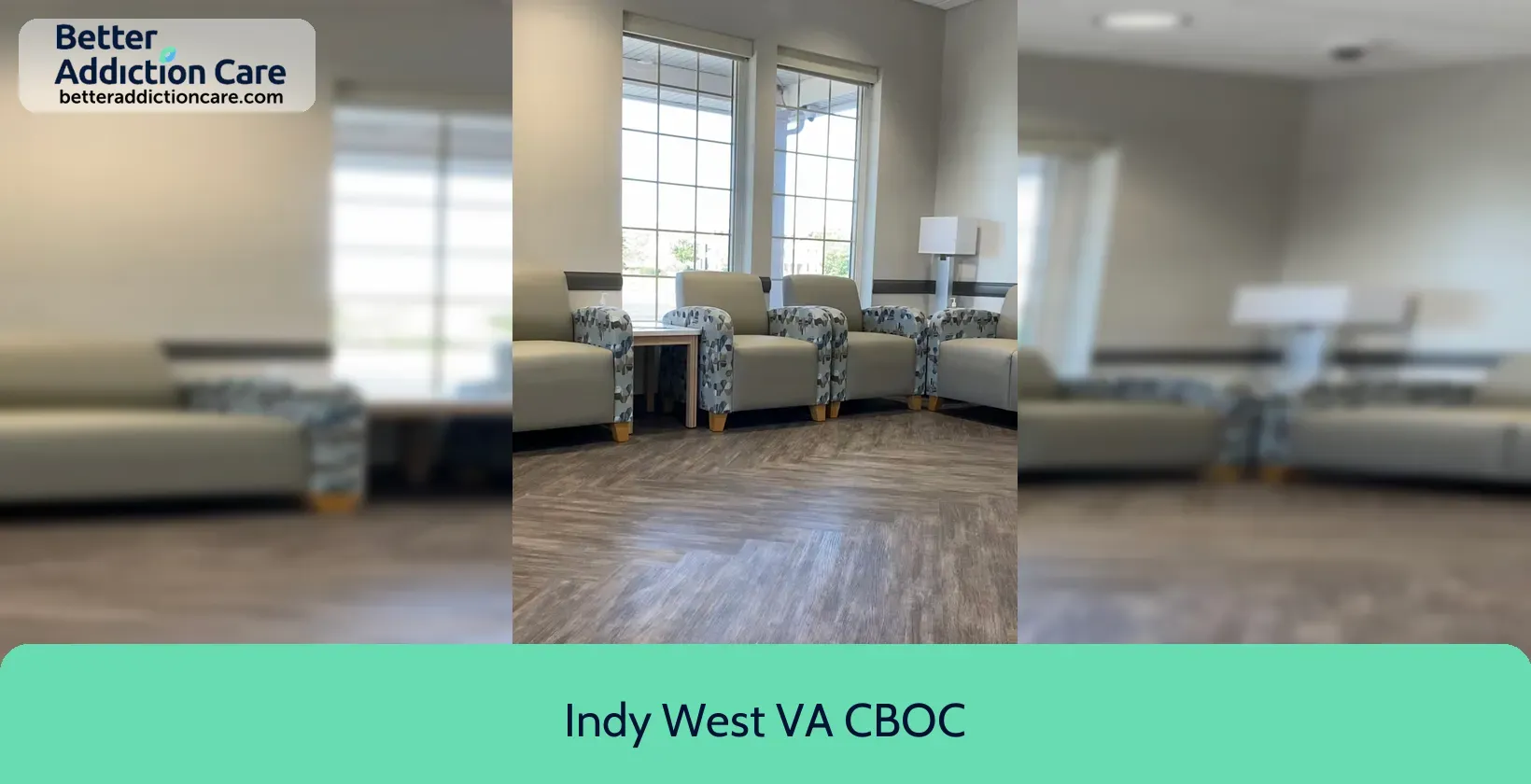
6.85

7.58
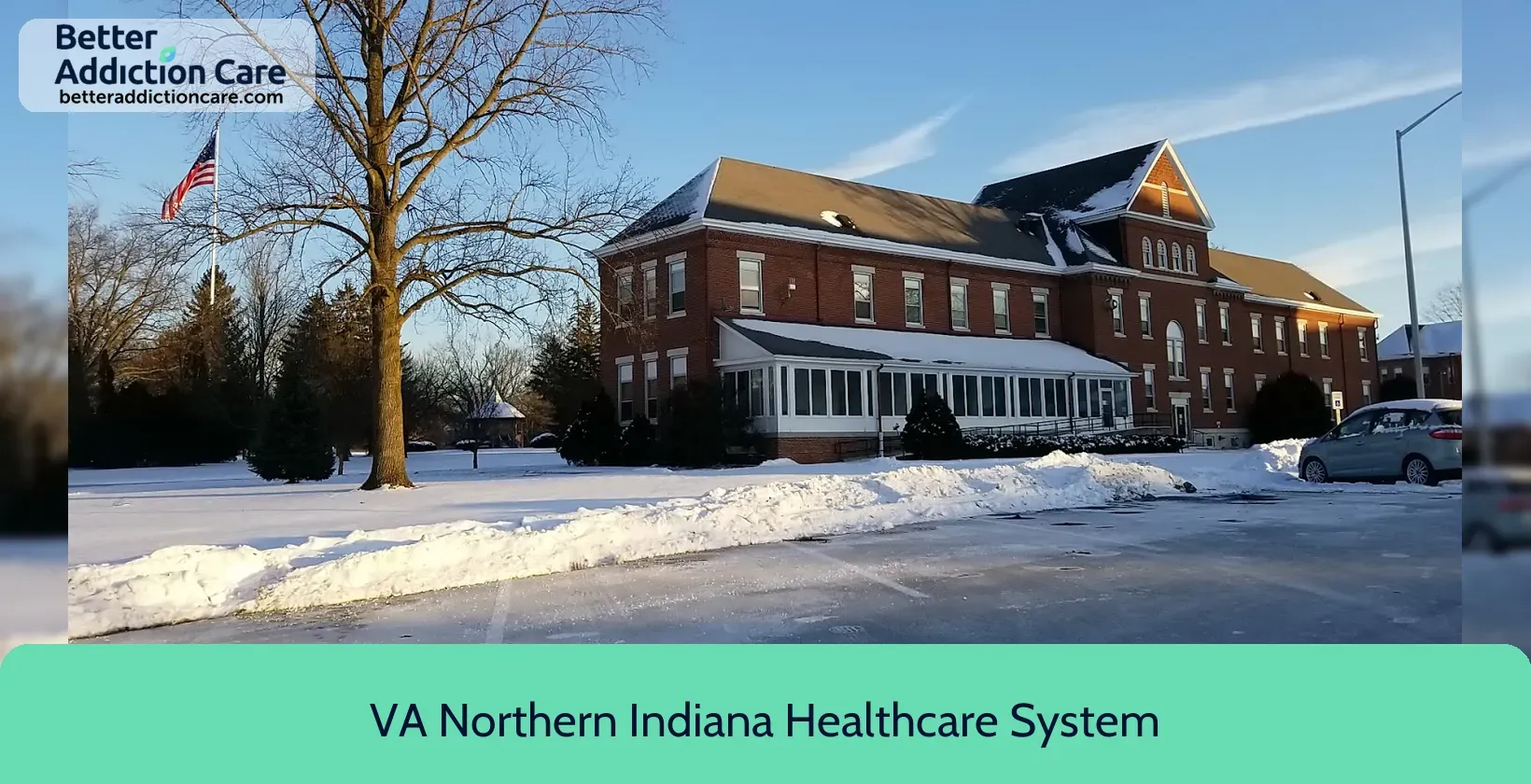
7.46
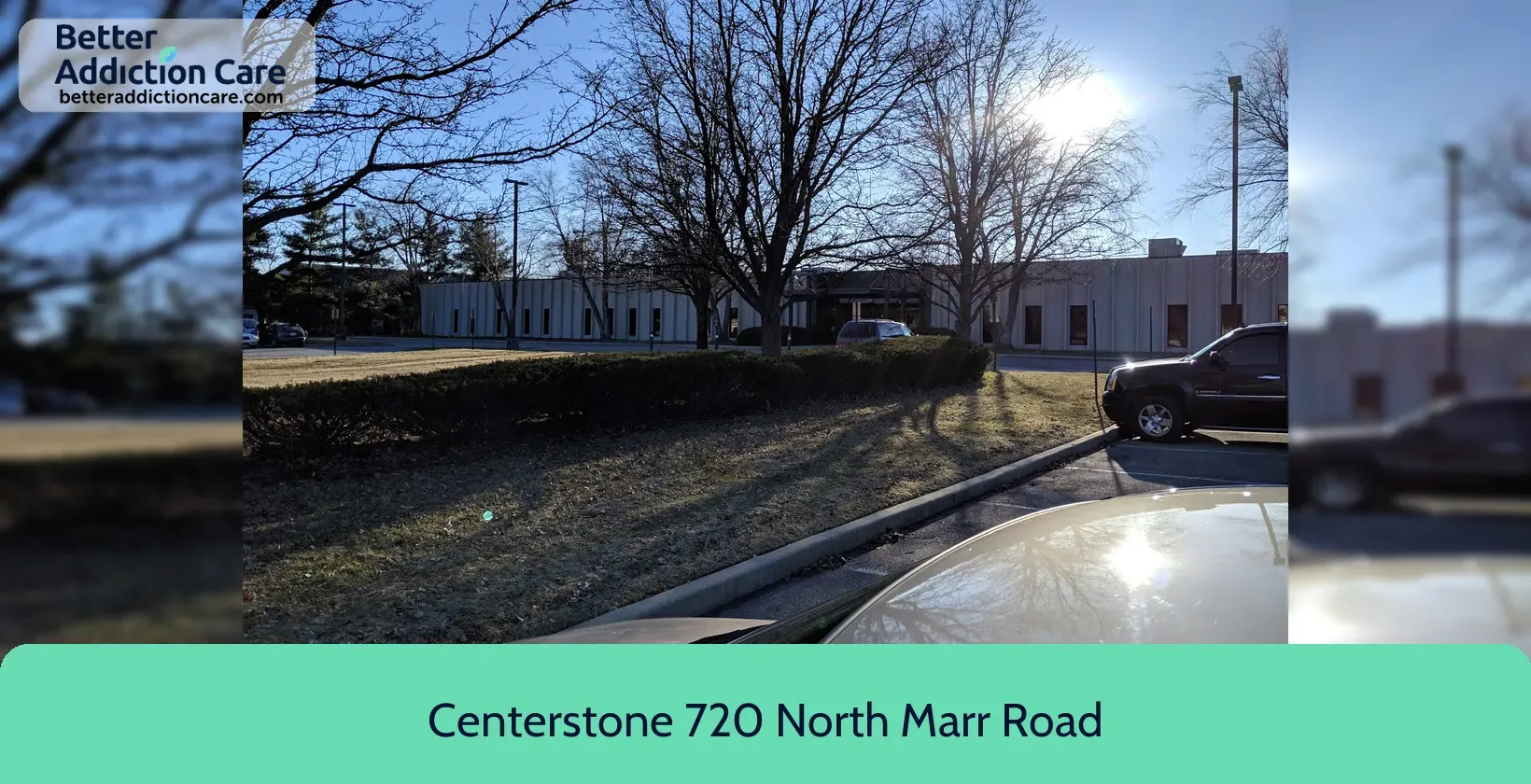
7.69
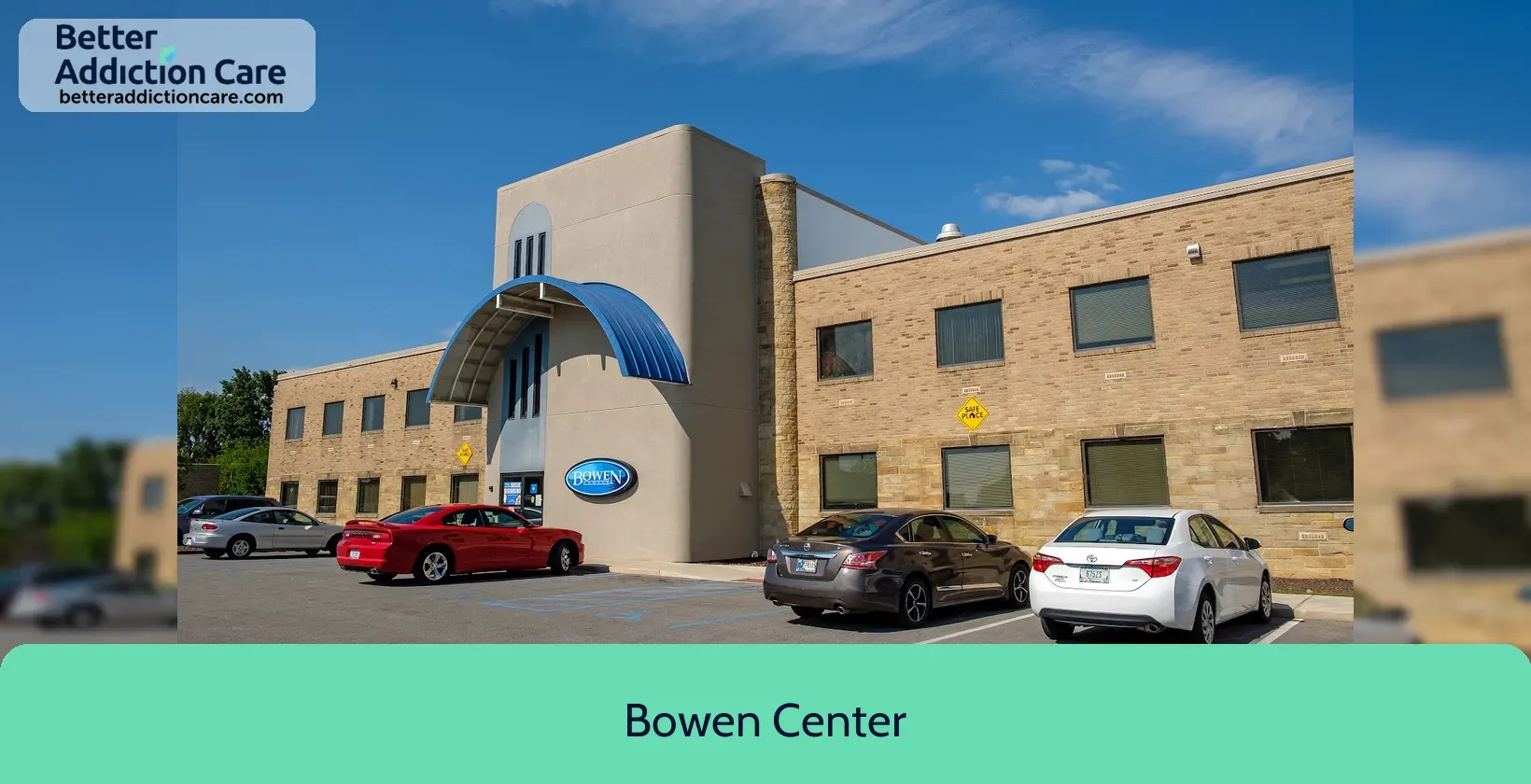
7.52
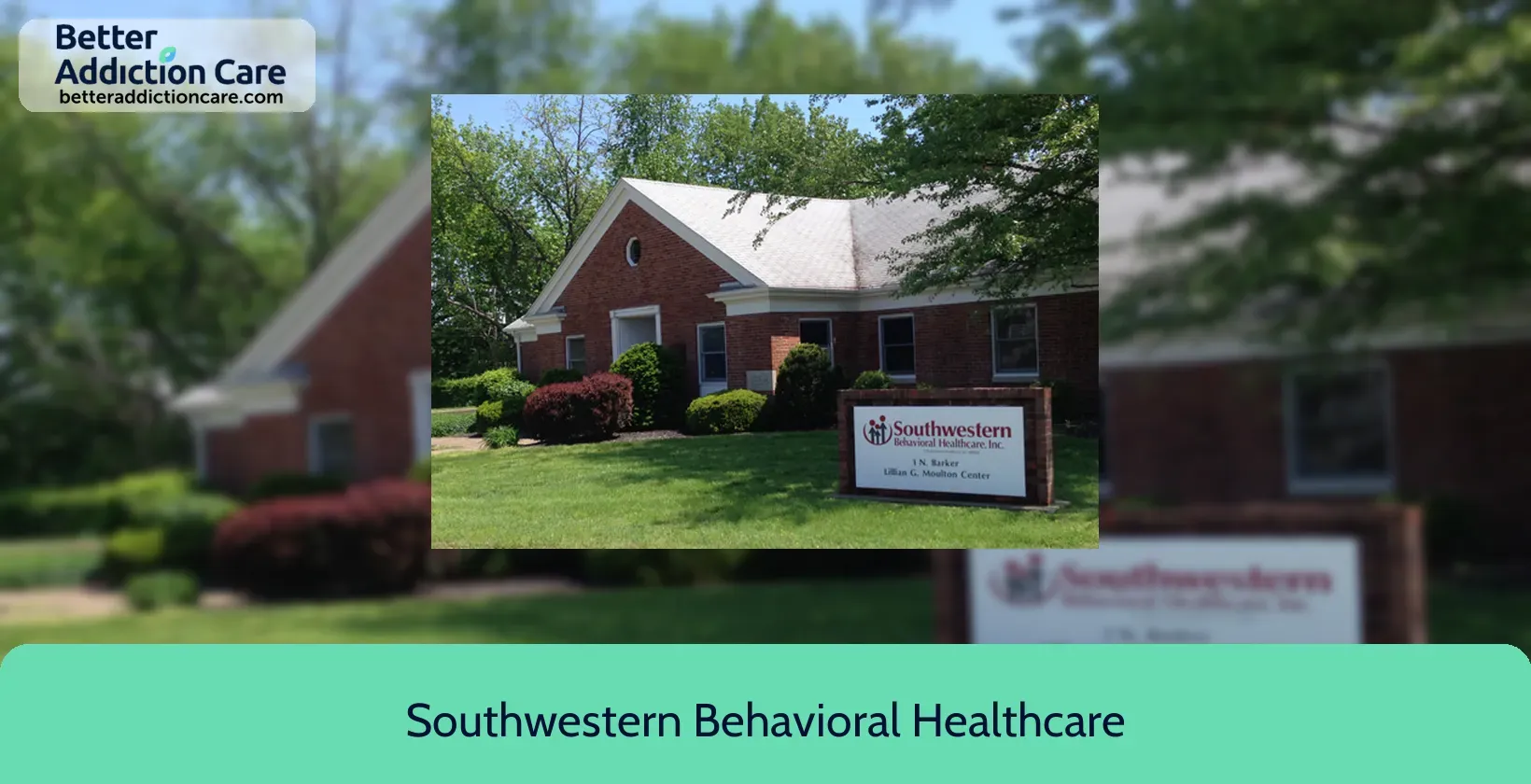
6.79
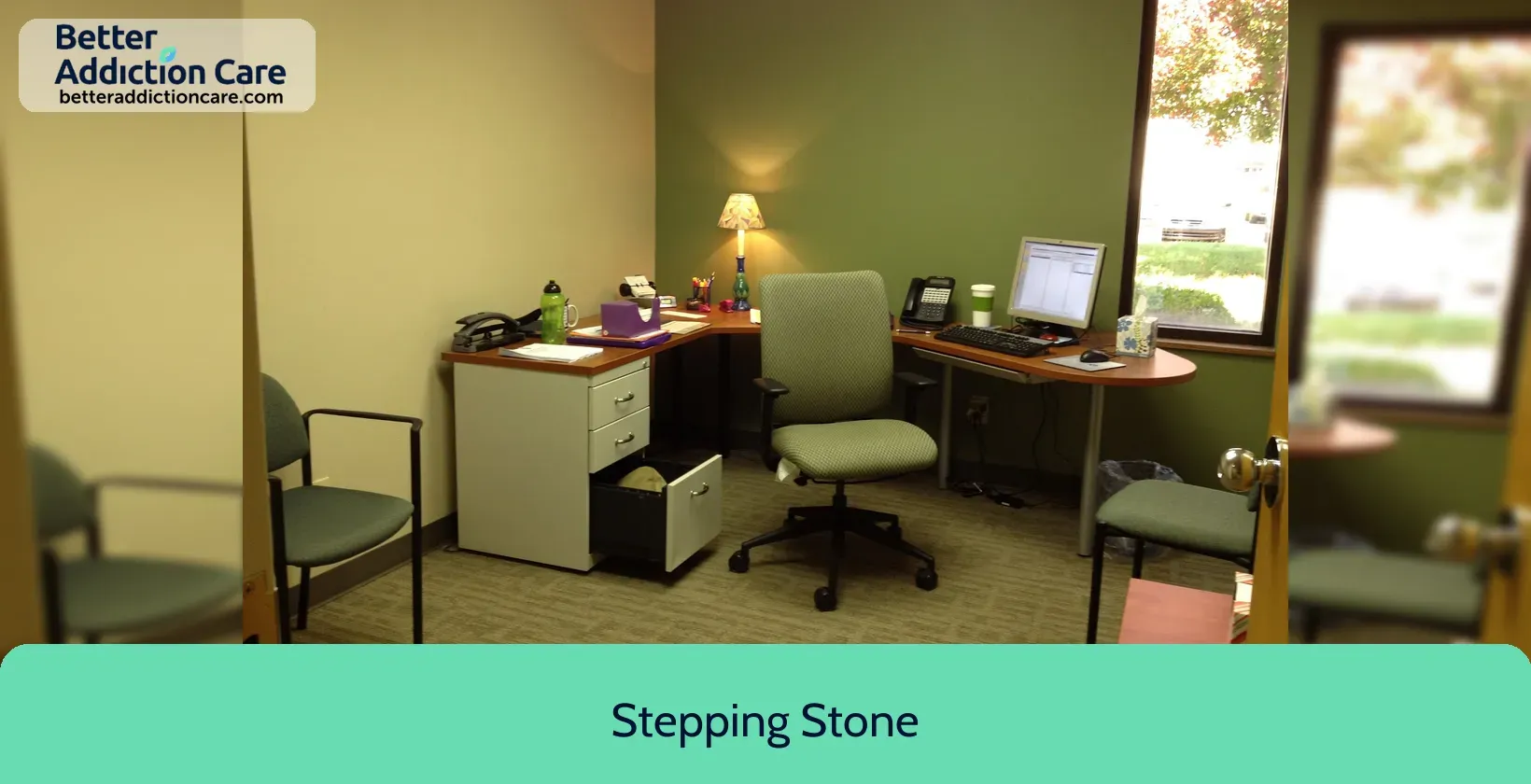
7.38
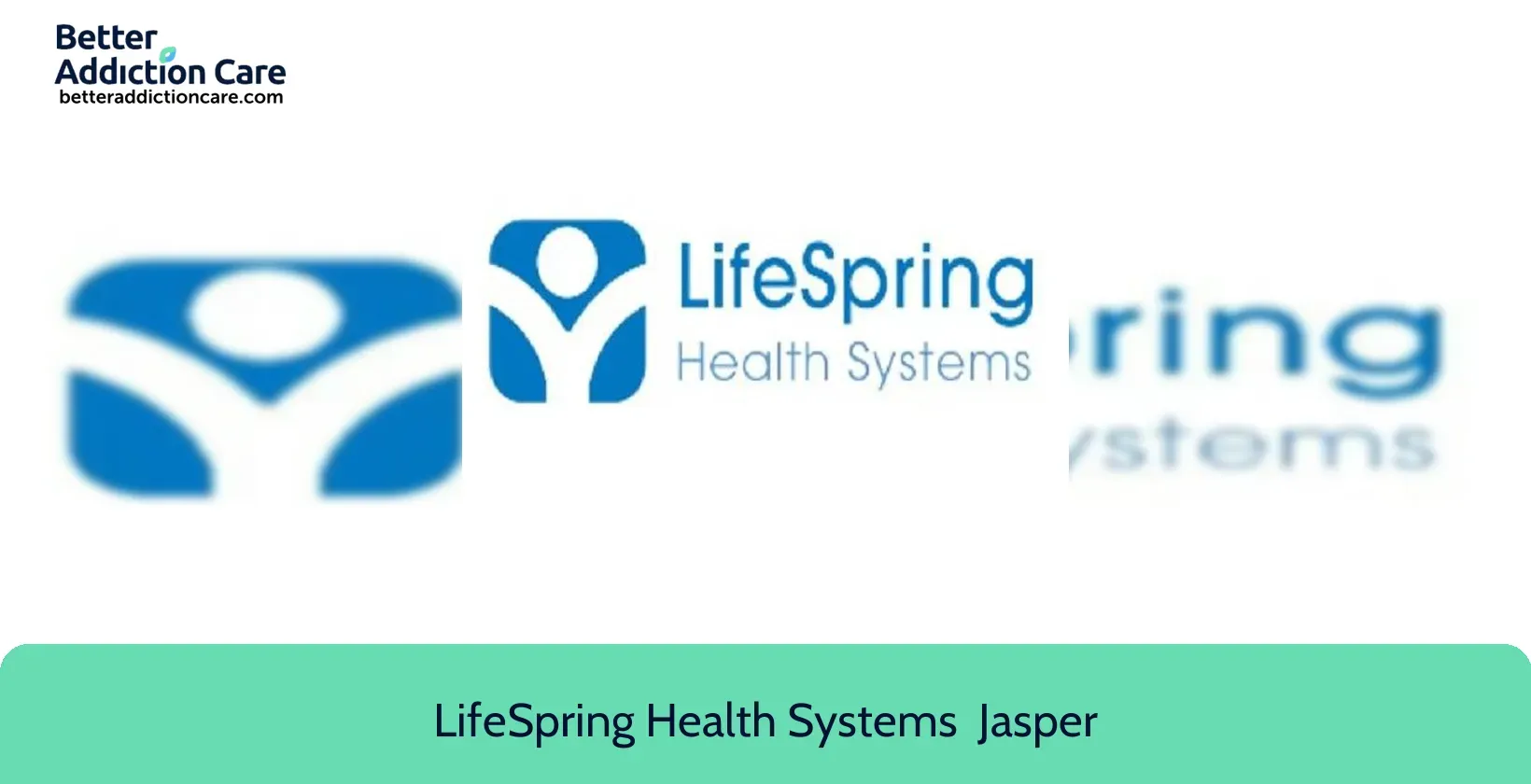
7.54
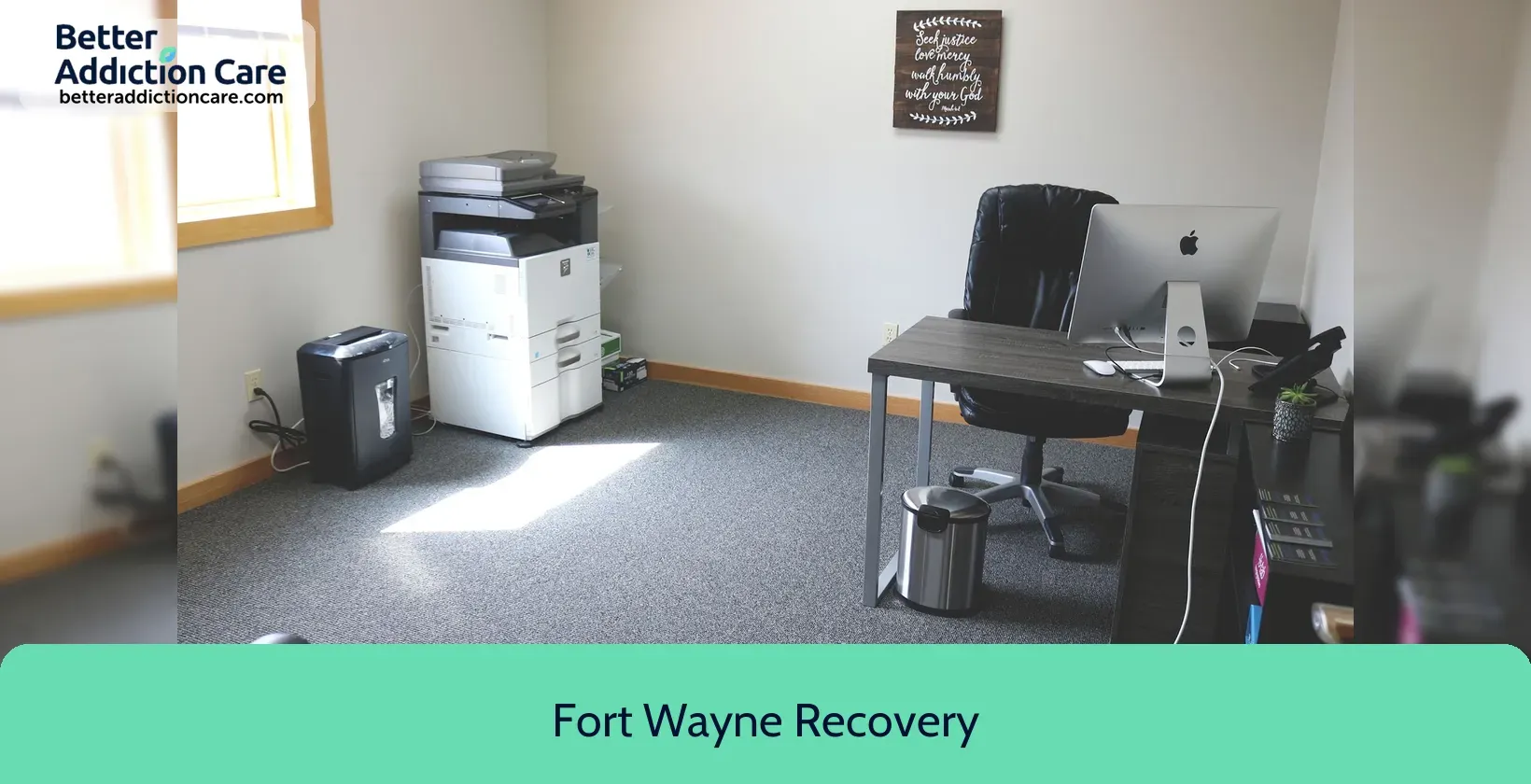
7.11
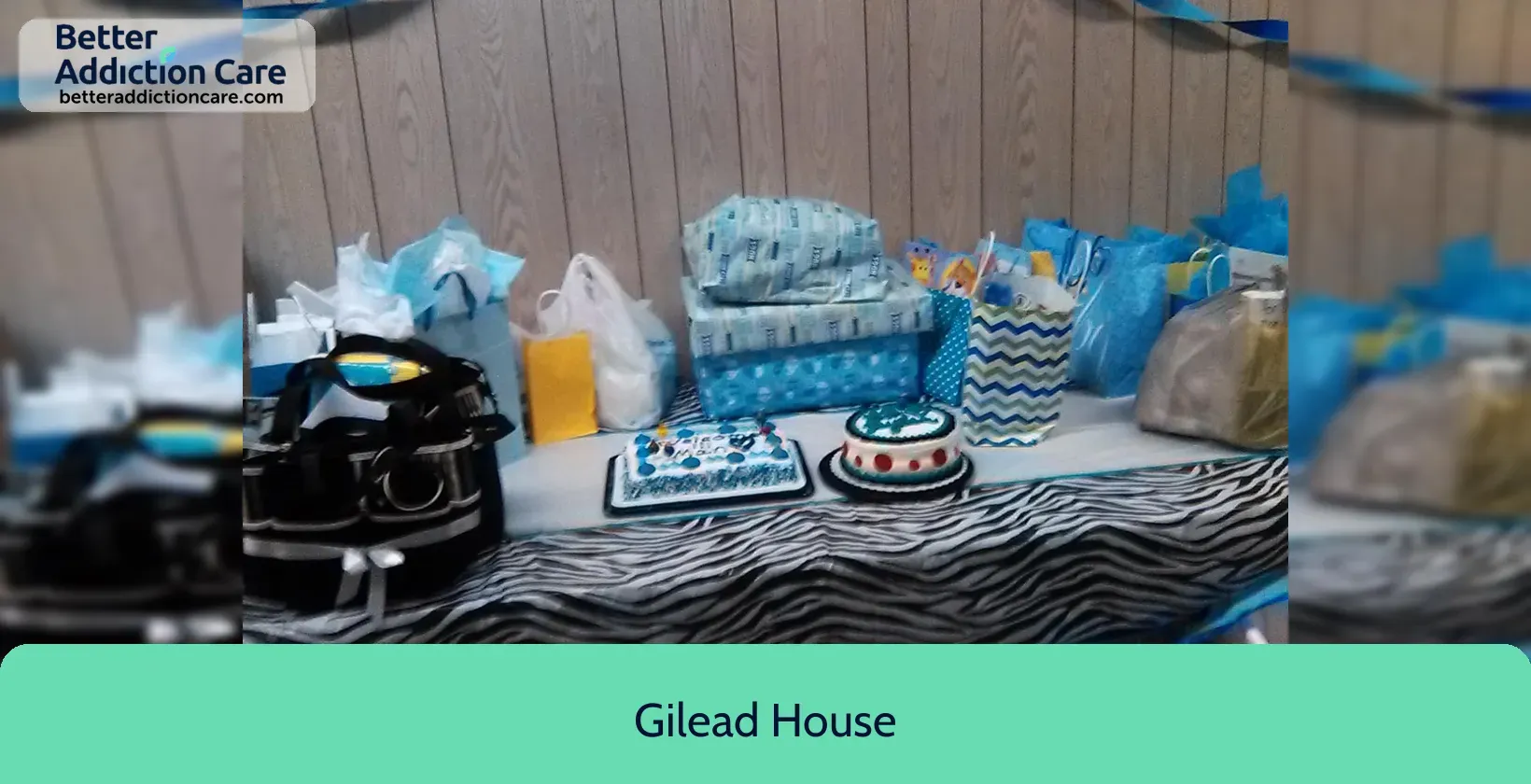
6.80
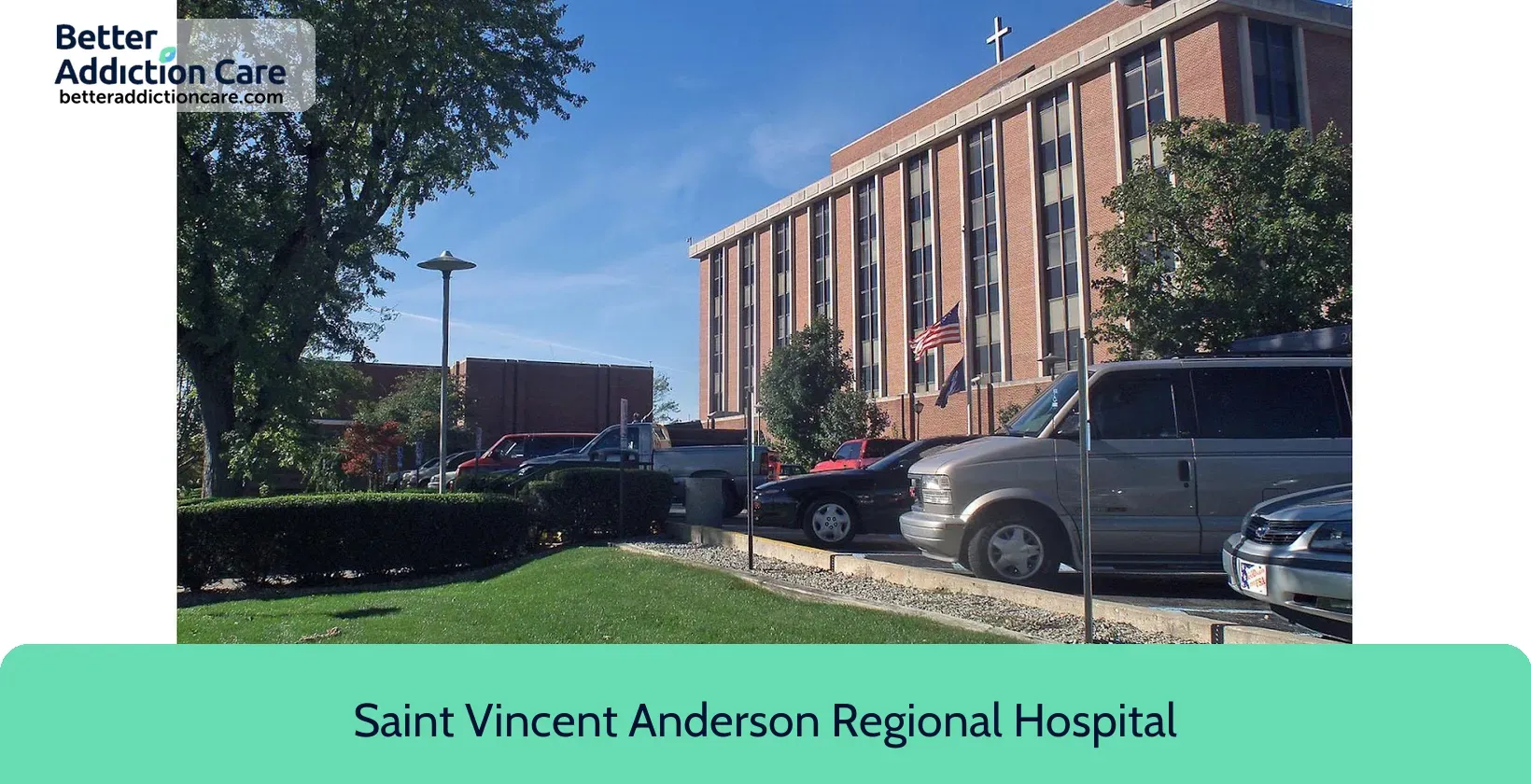
7.75
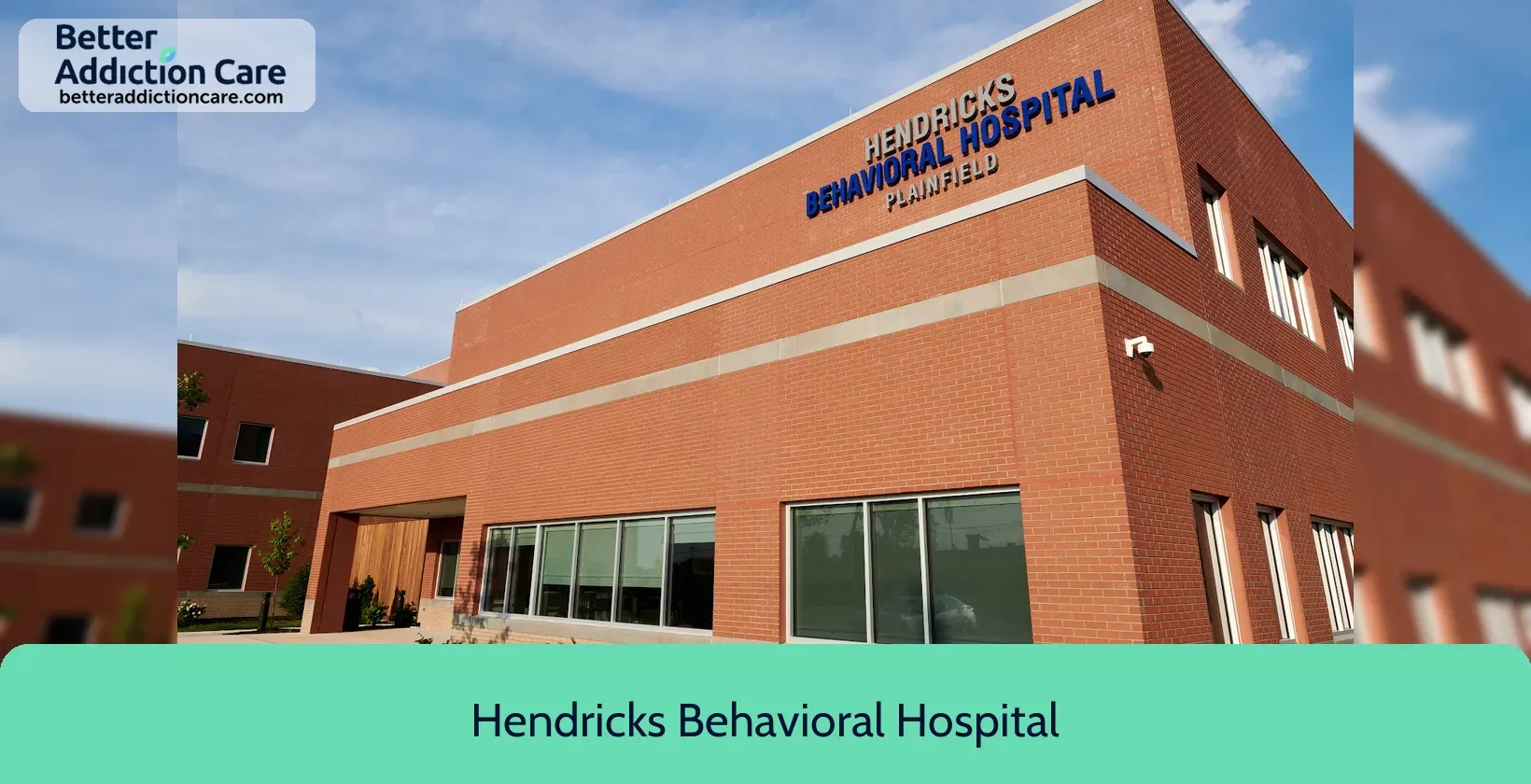
6.68
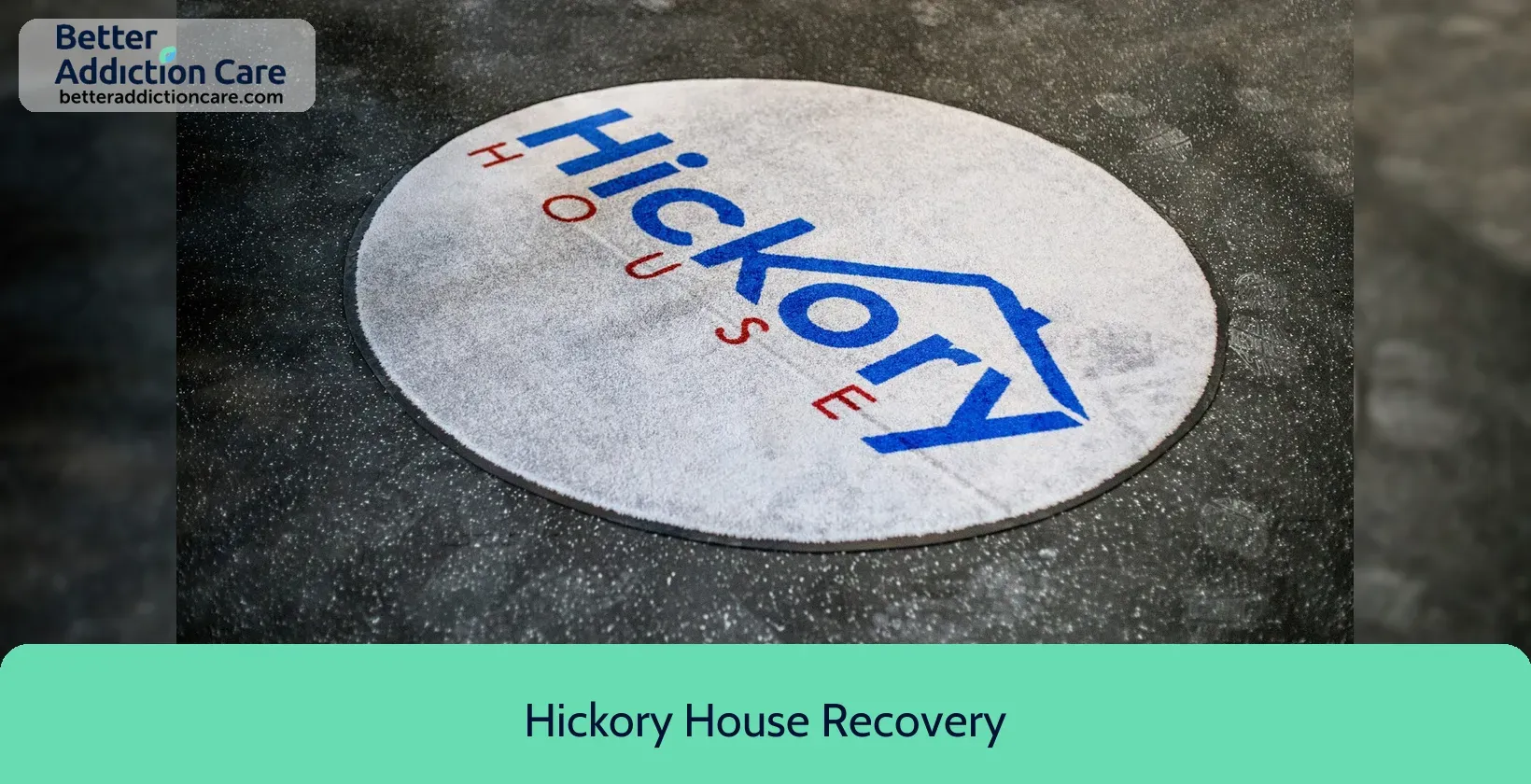
7.22
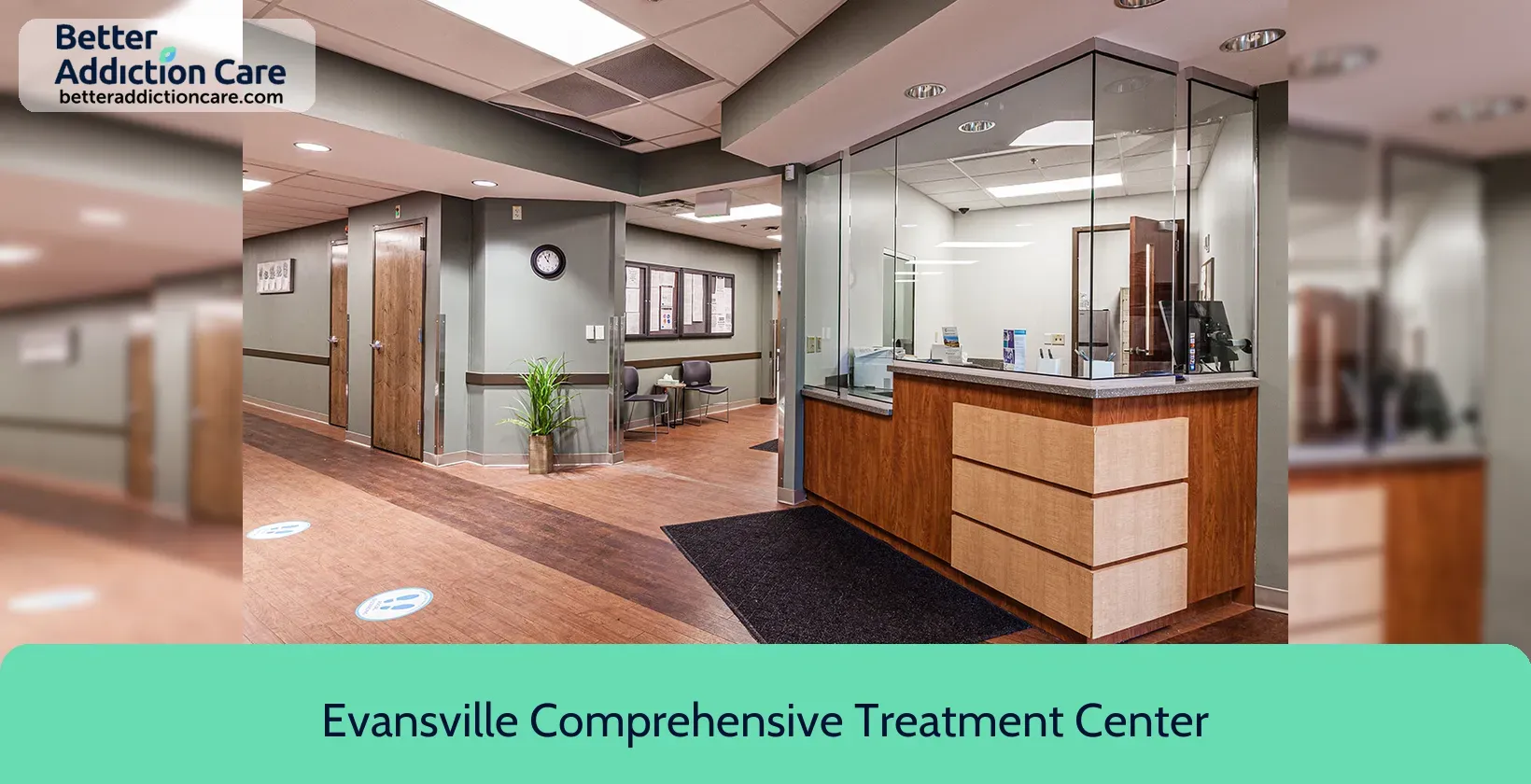
7.28
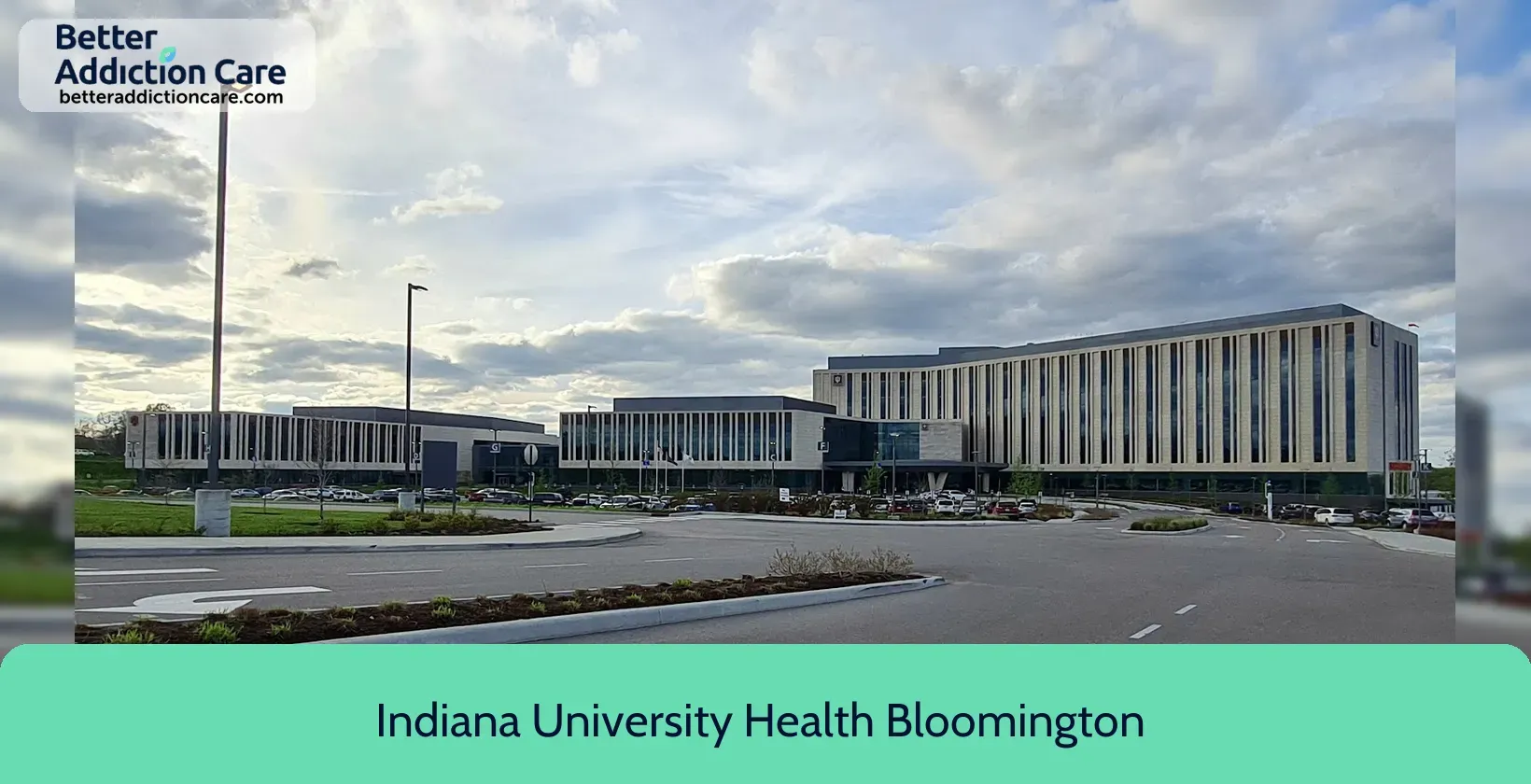
6.65
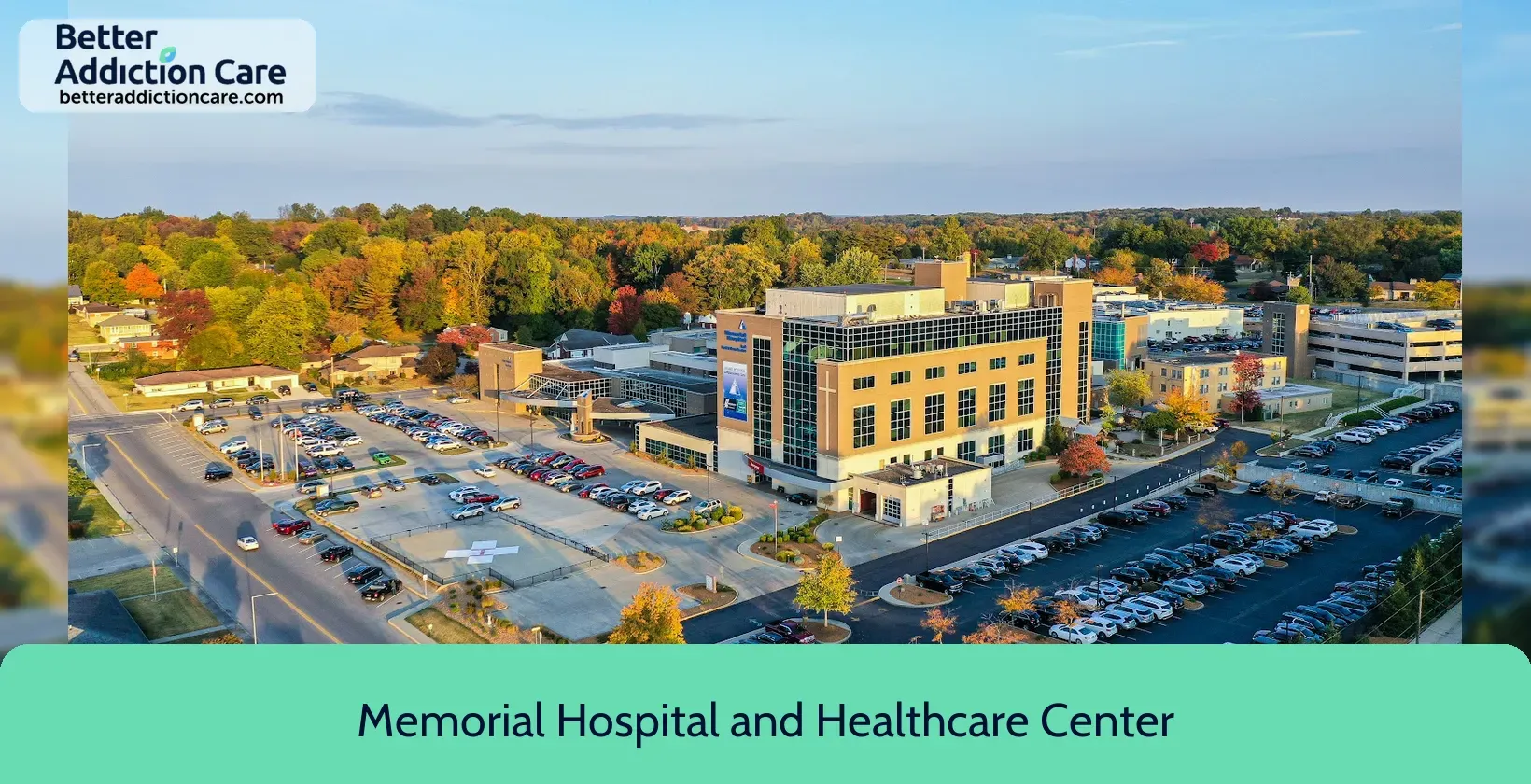
6.71
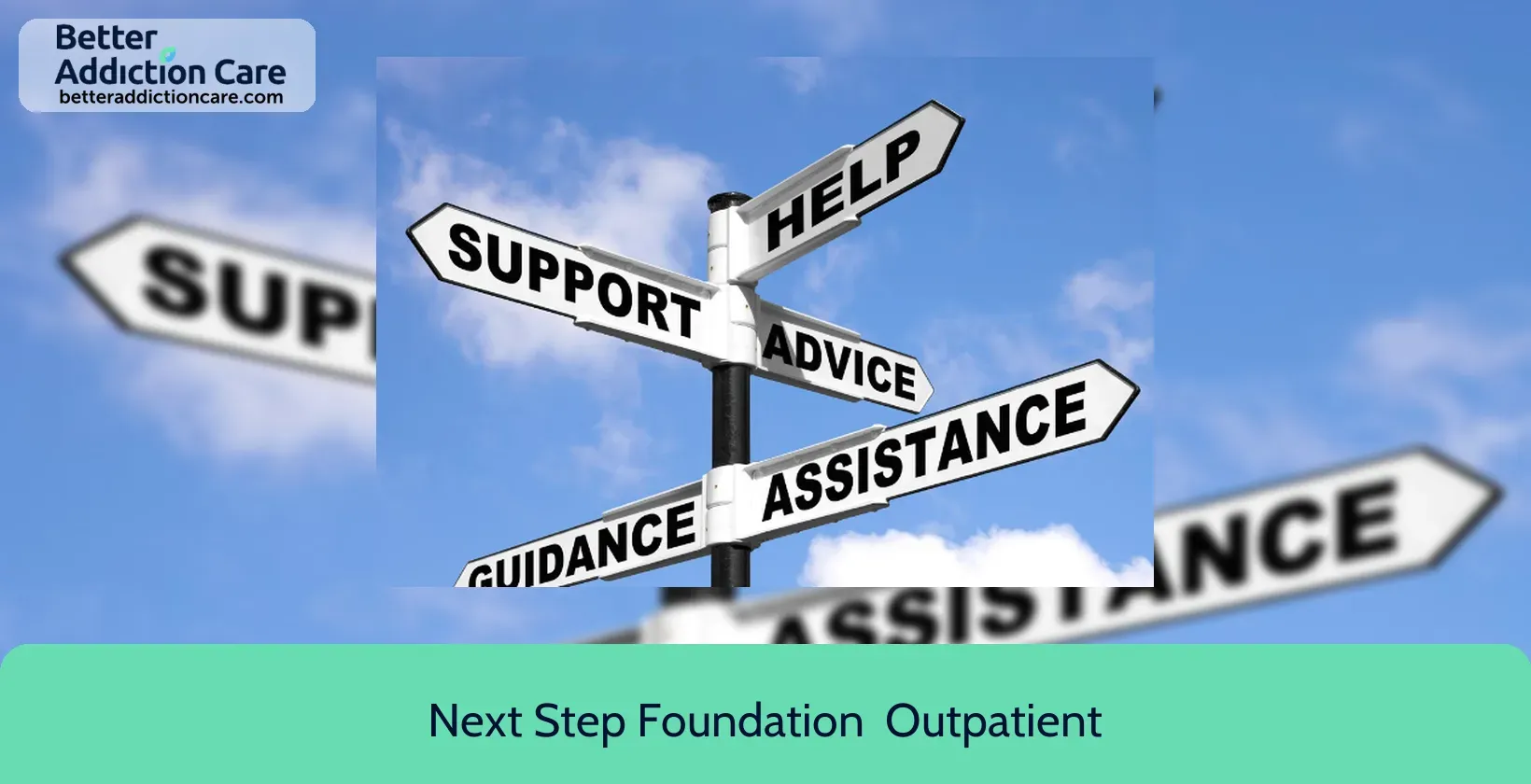
6.80
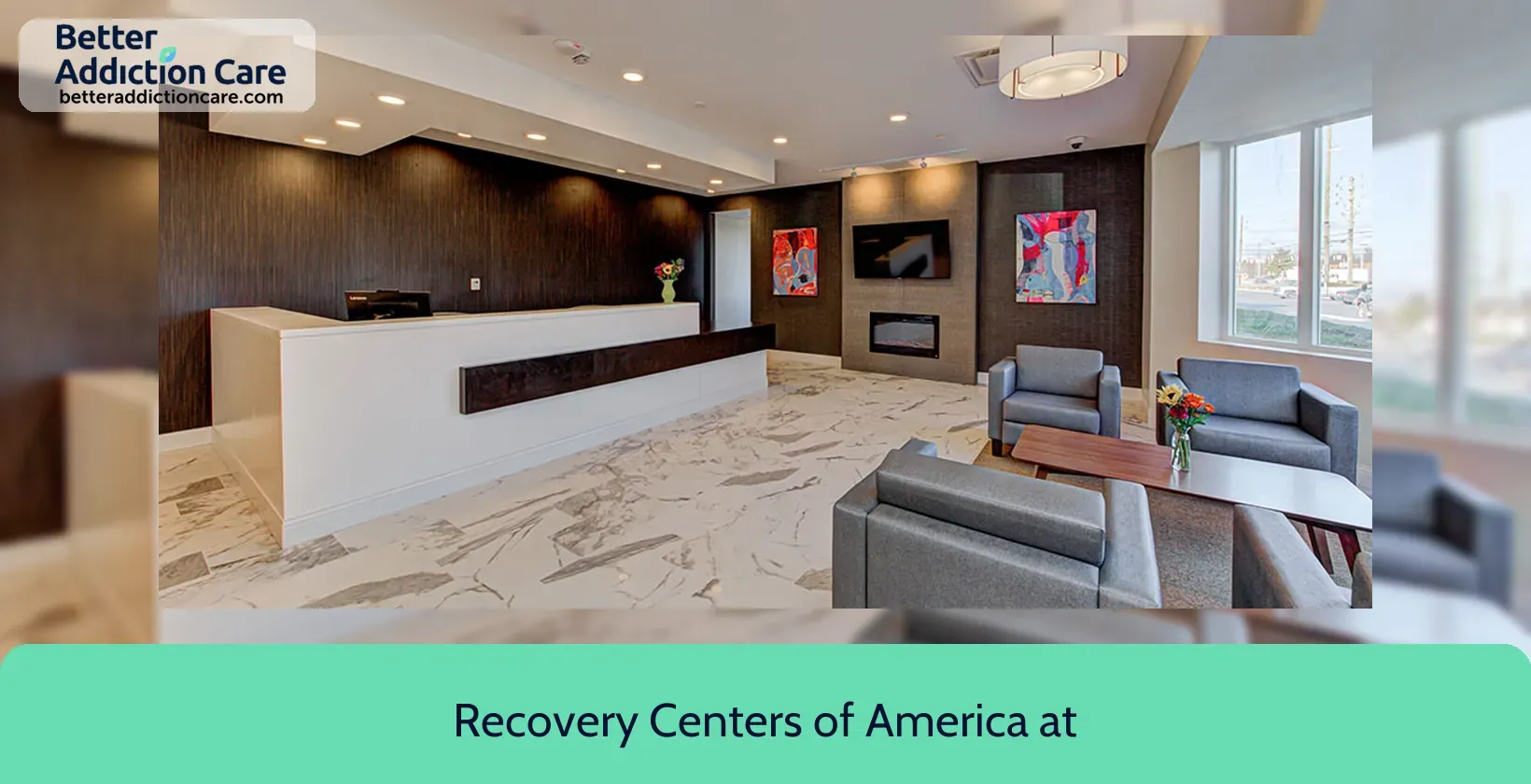
7.59
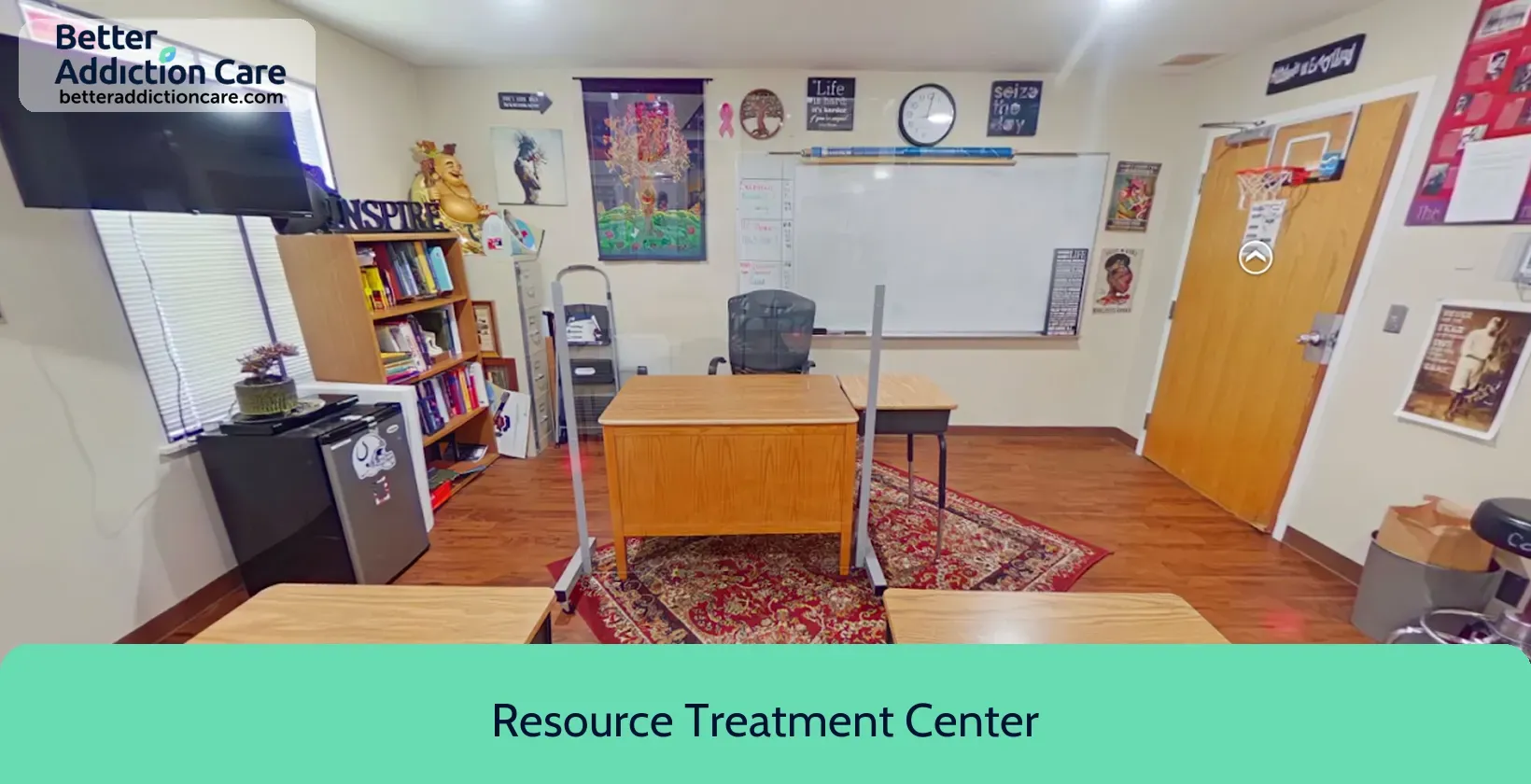
6.62
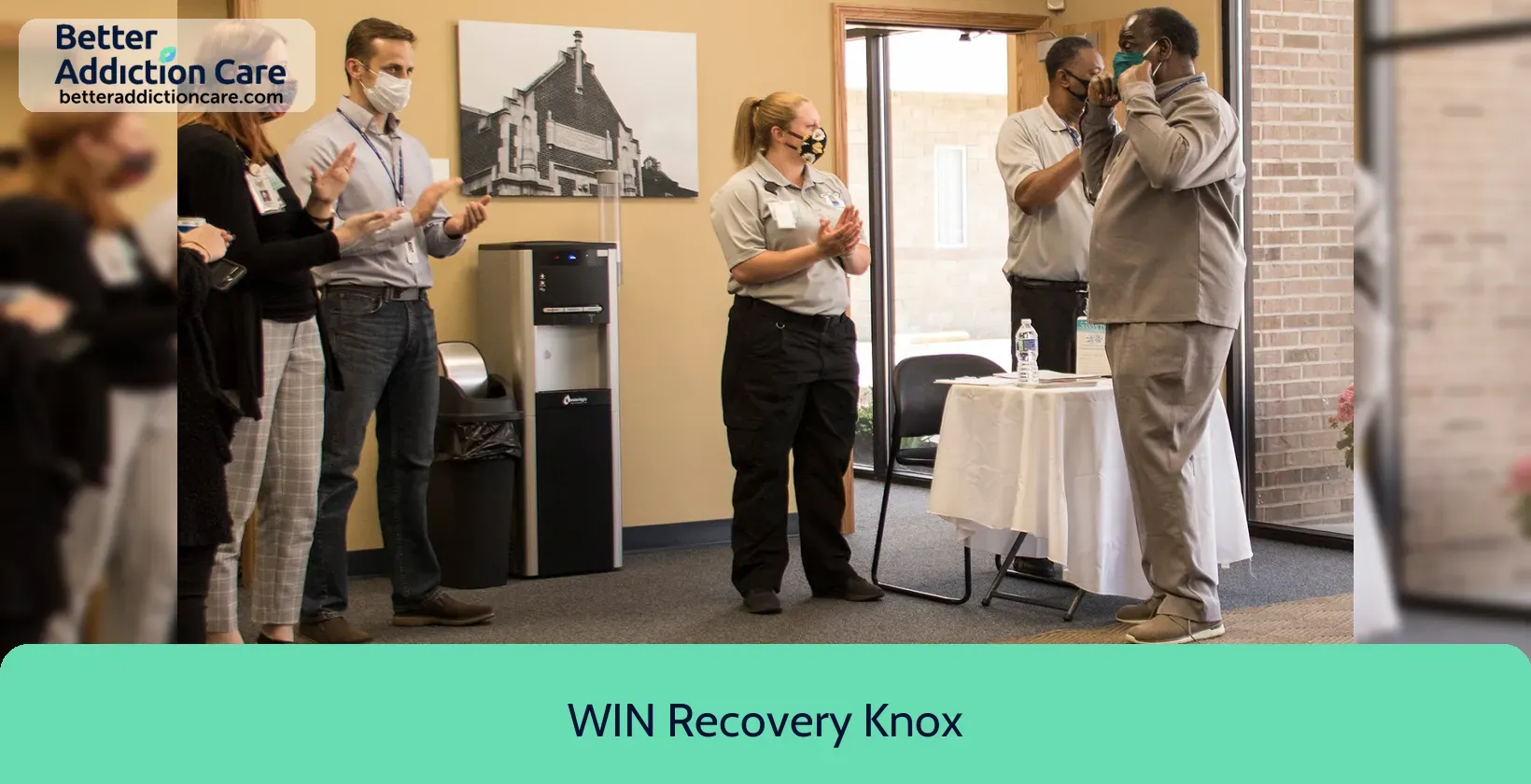
6.76
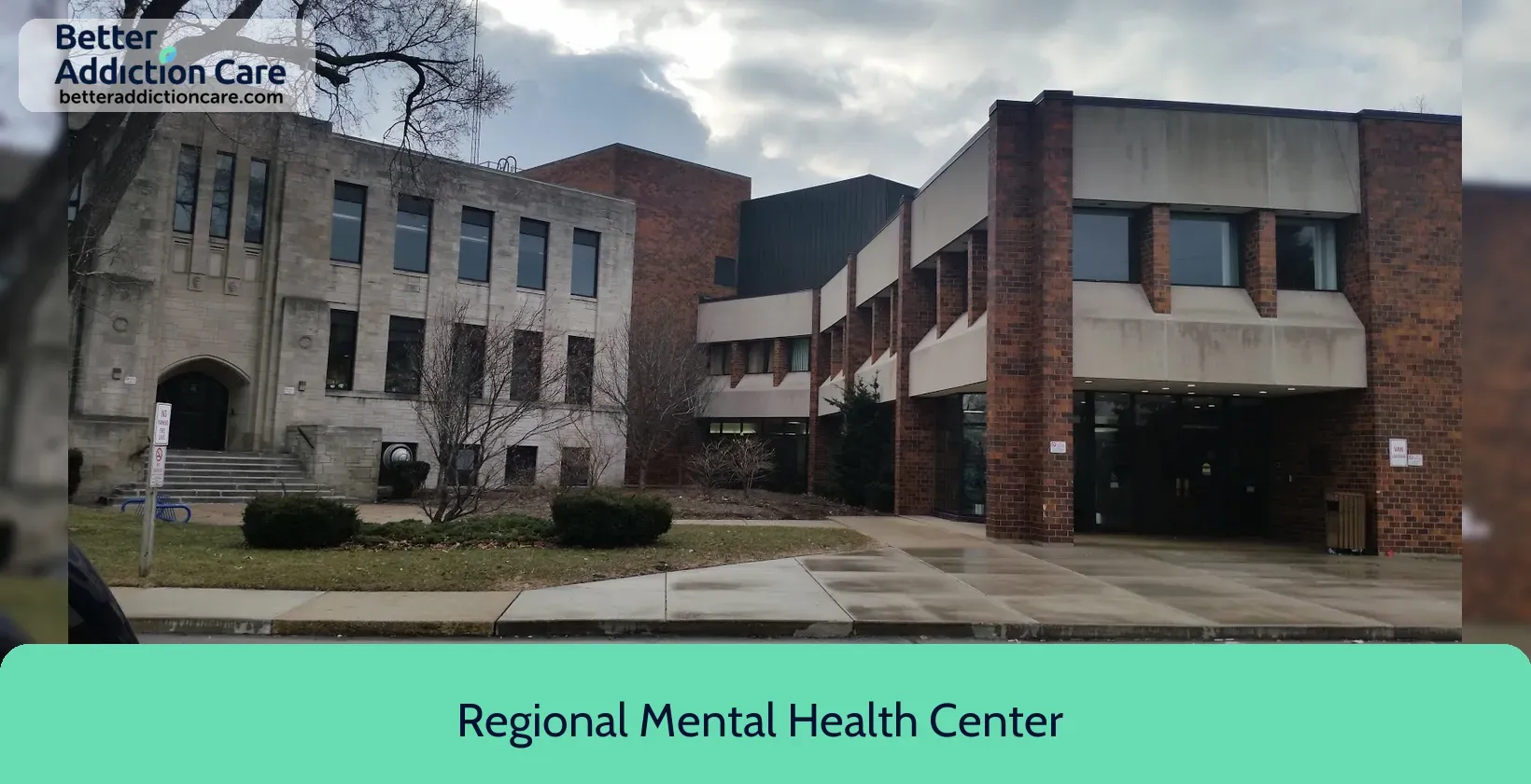
7.83
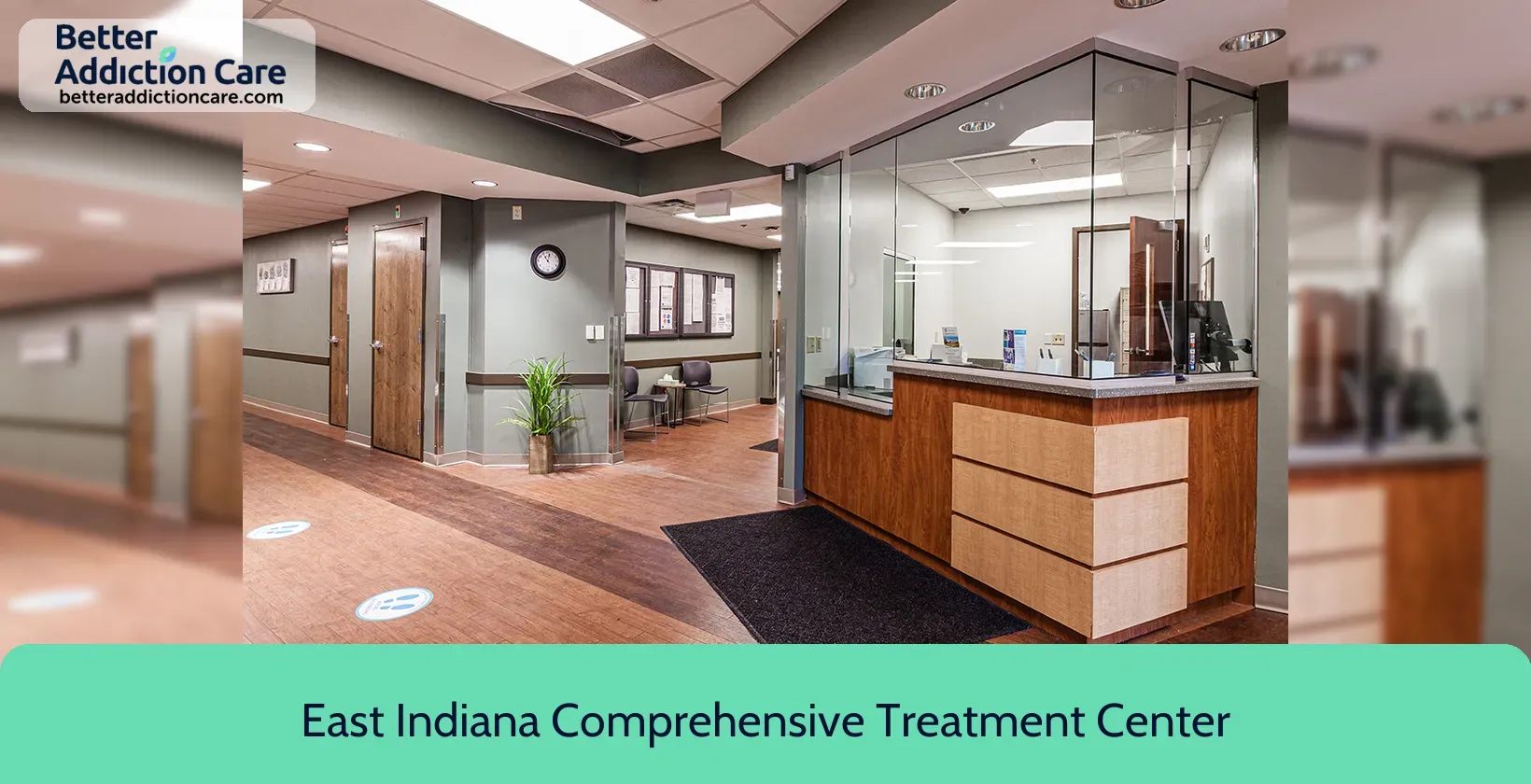
7.31
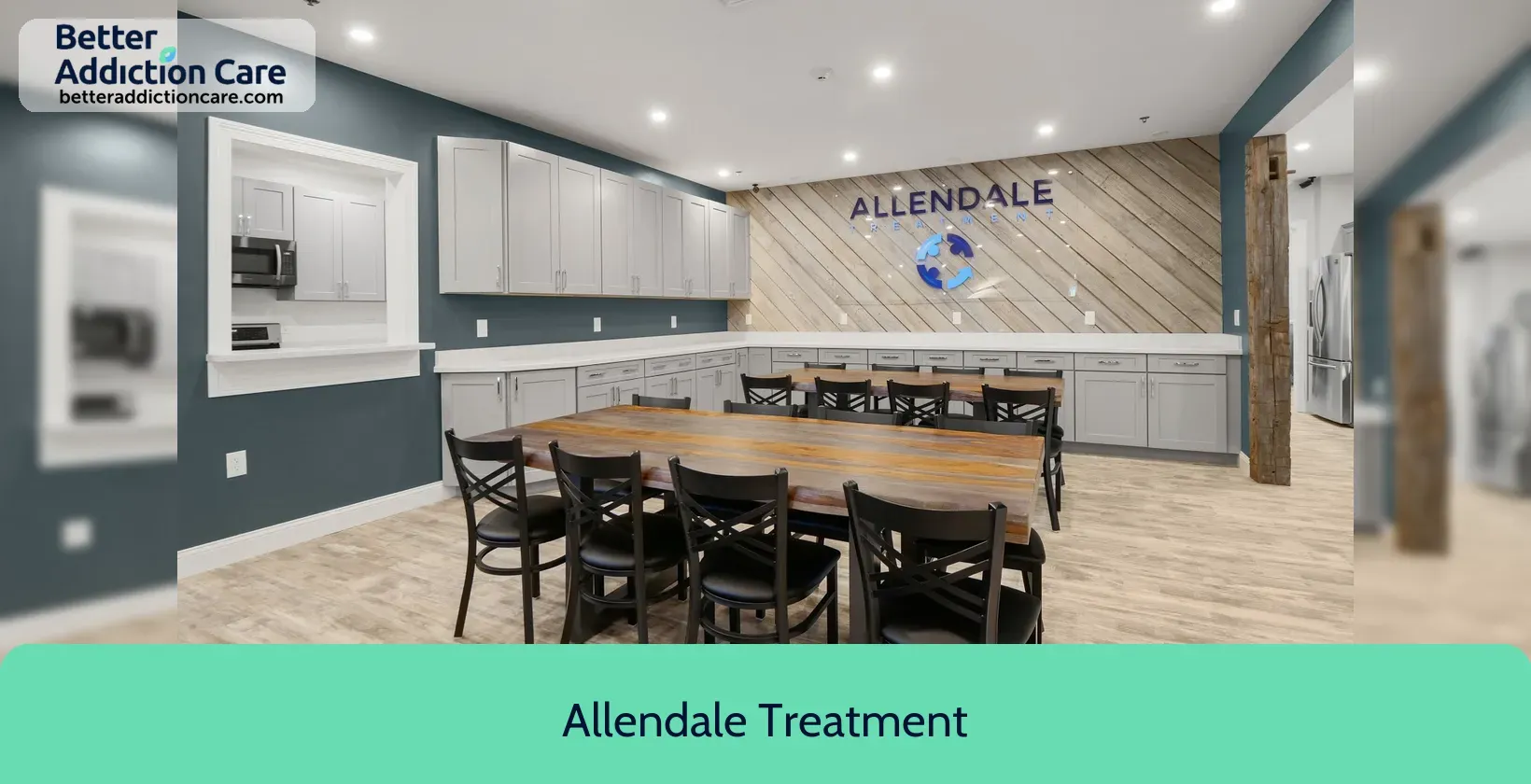
7.68
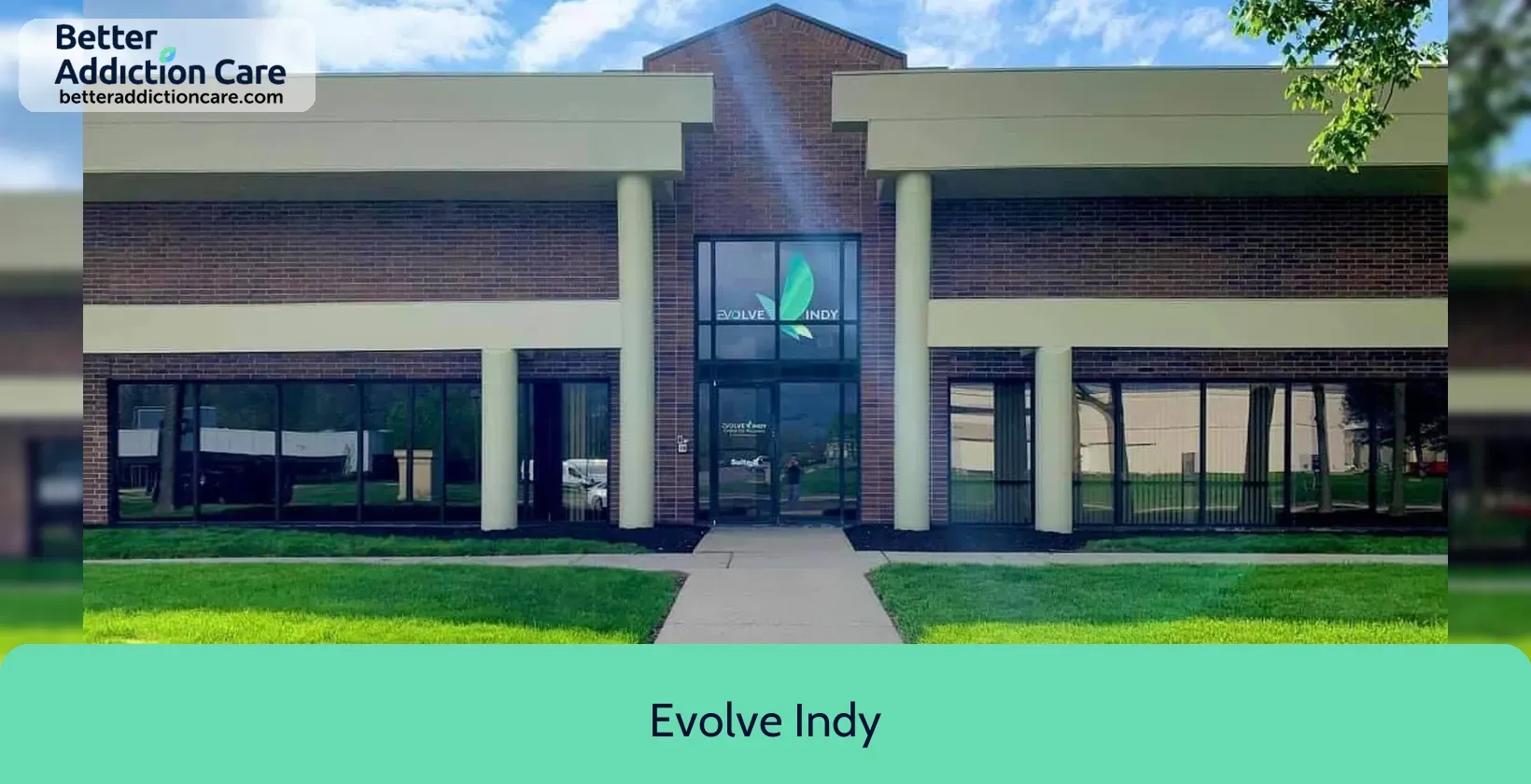
6.53
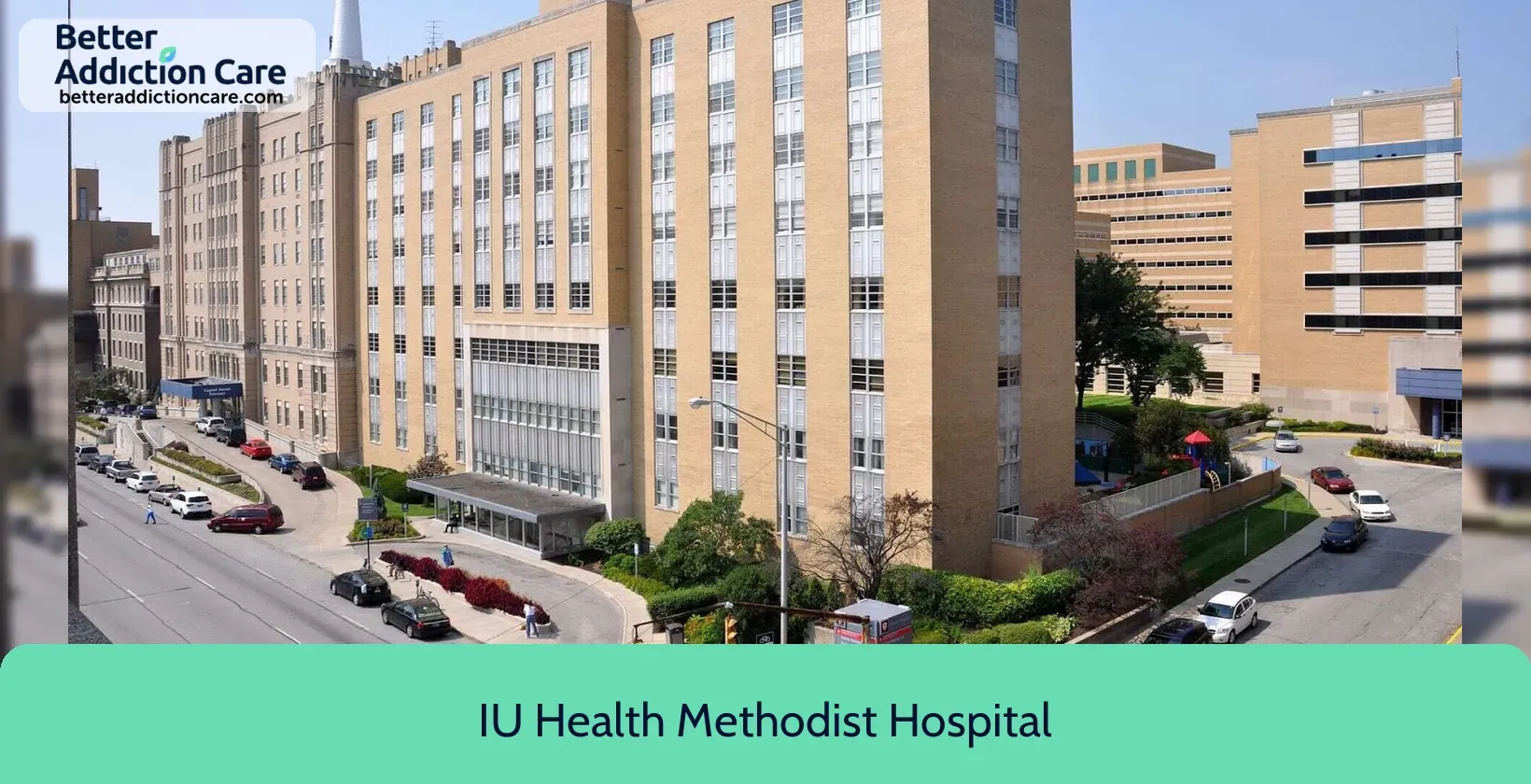
6.86
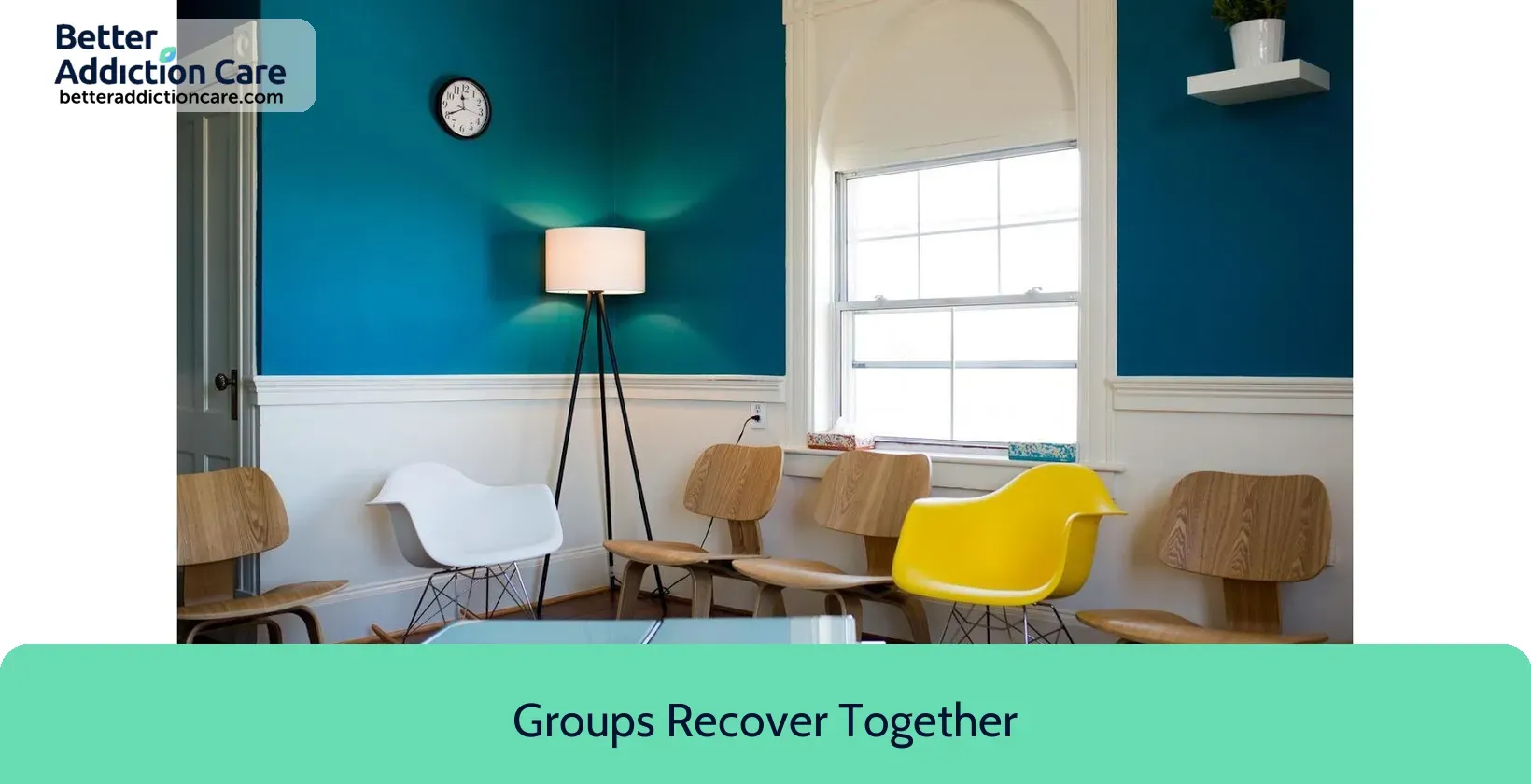
7.04
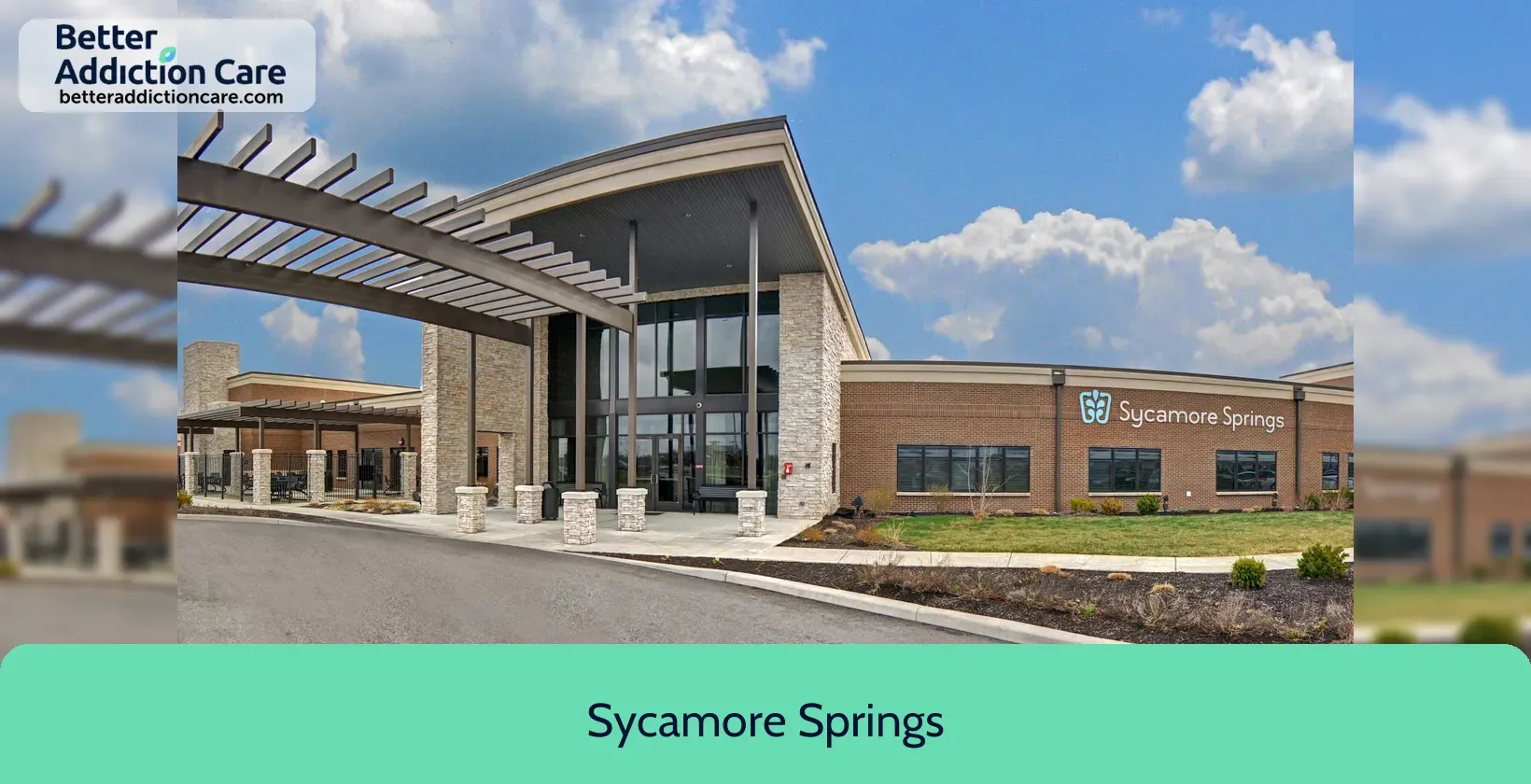
7.30
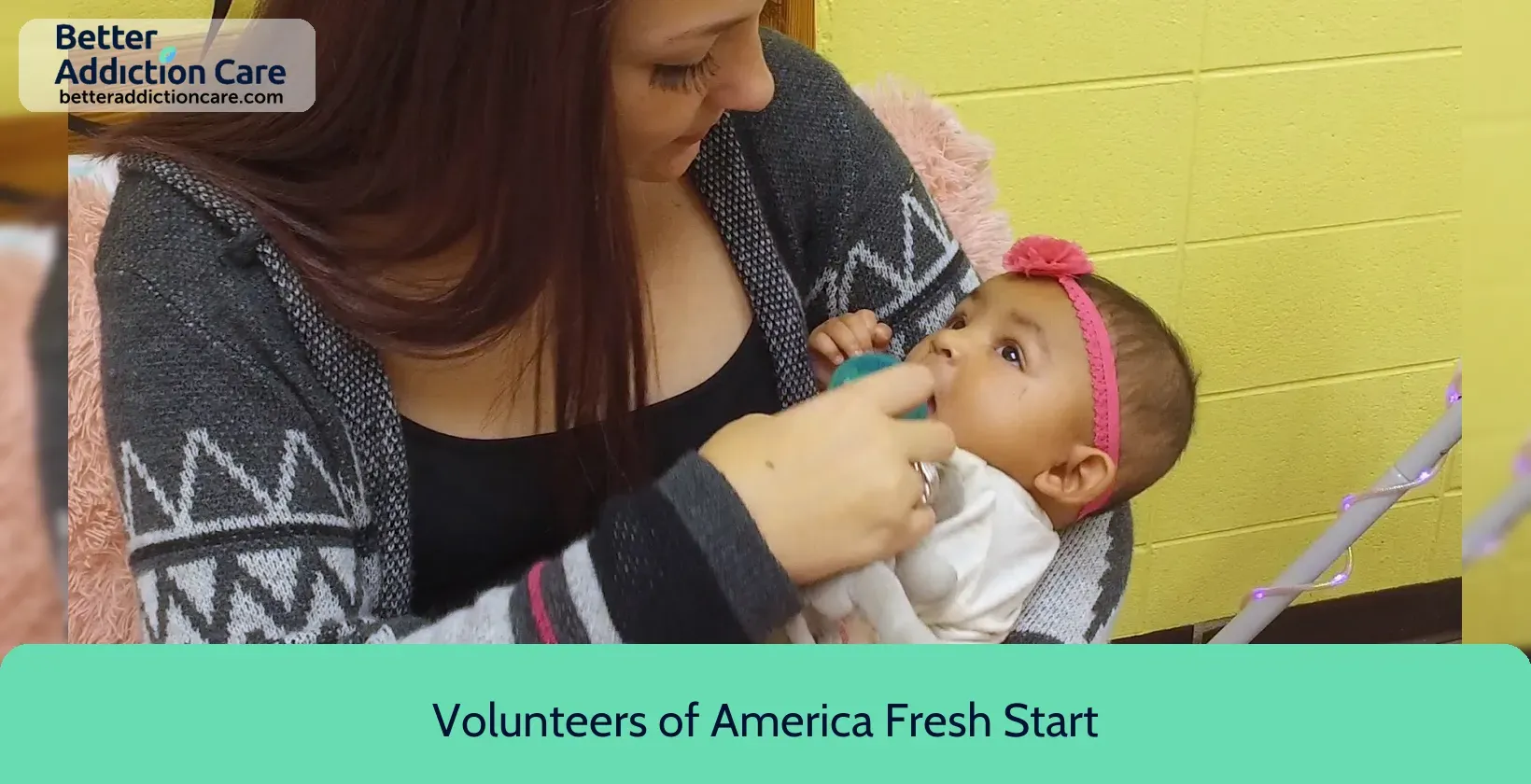
7.31
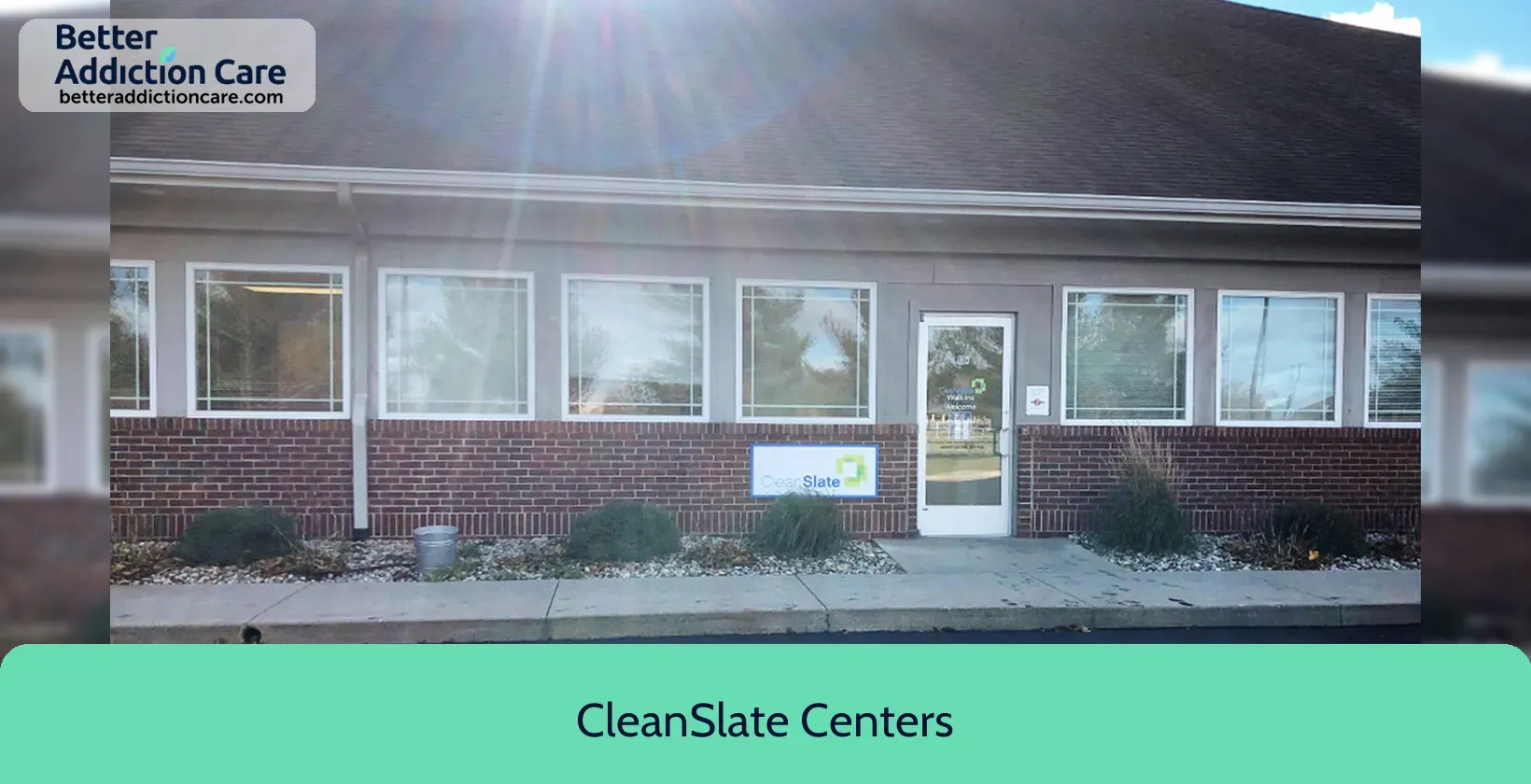
6.88
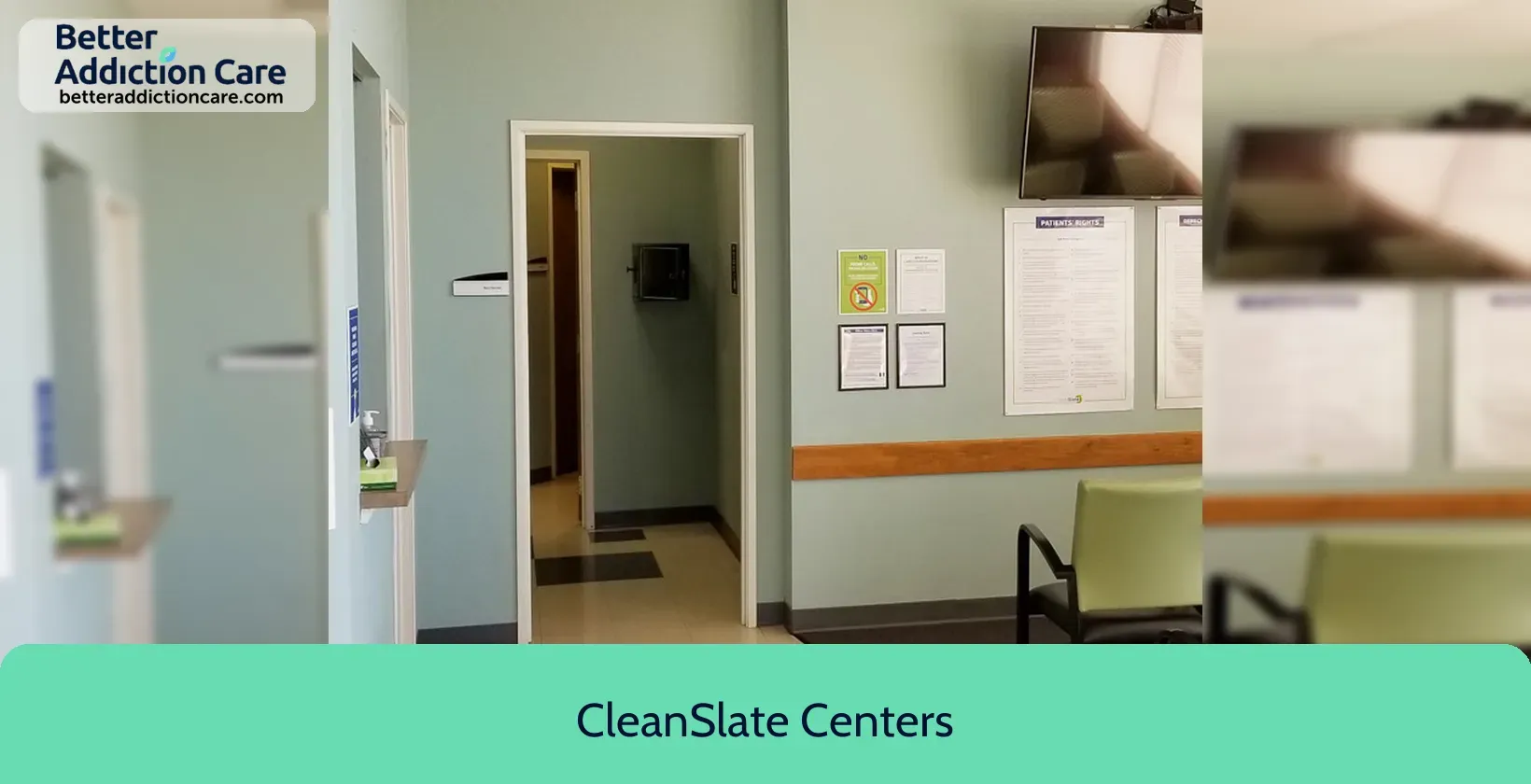
6.91
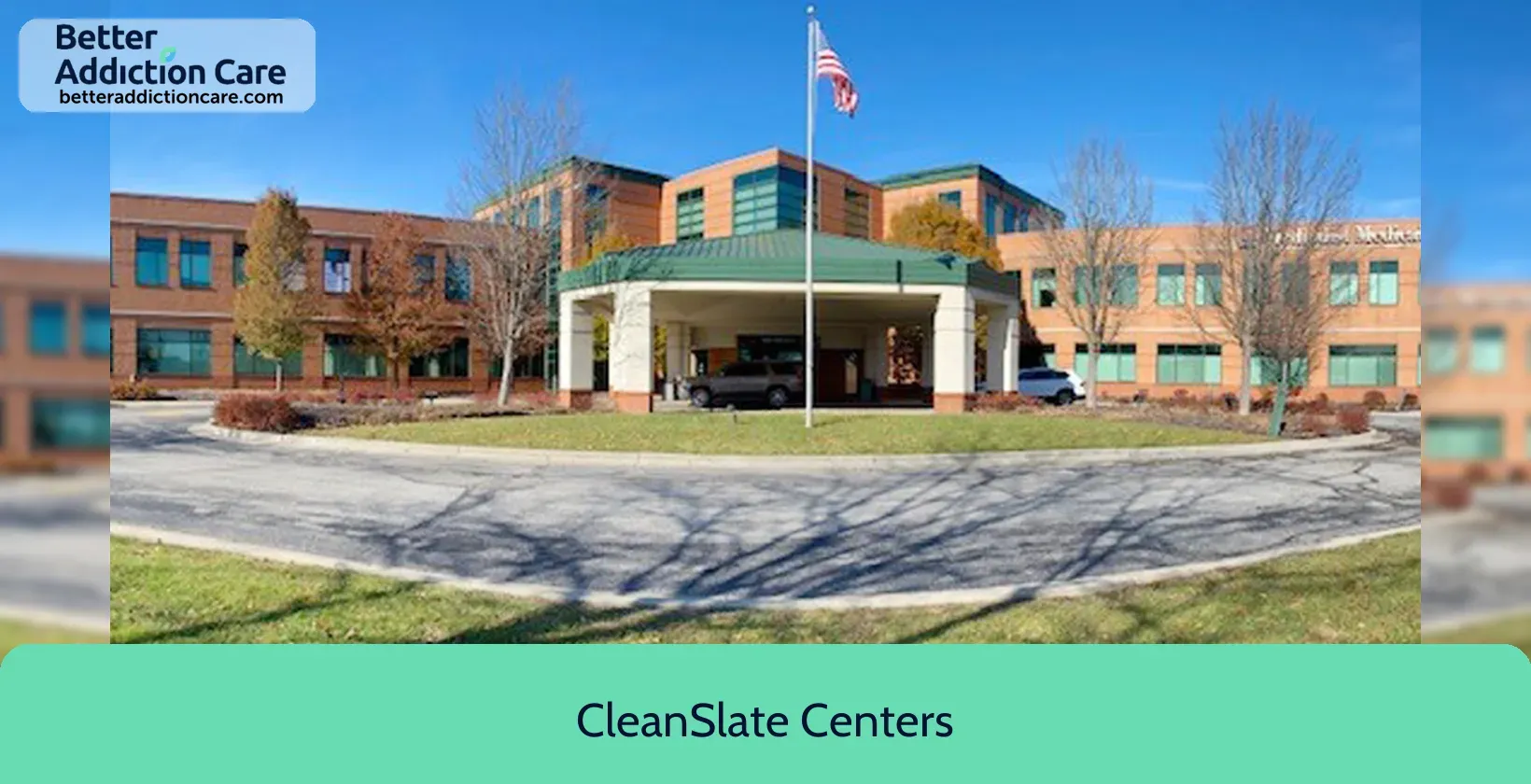
6.88
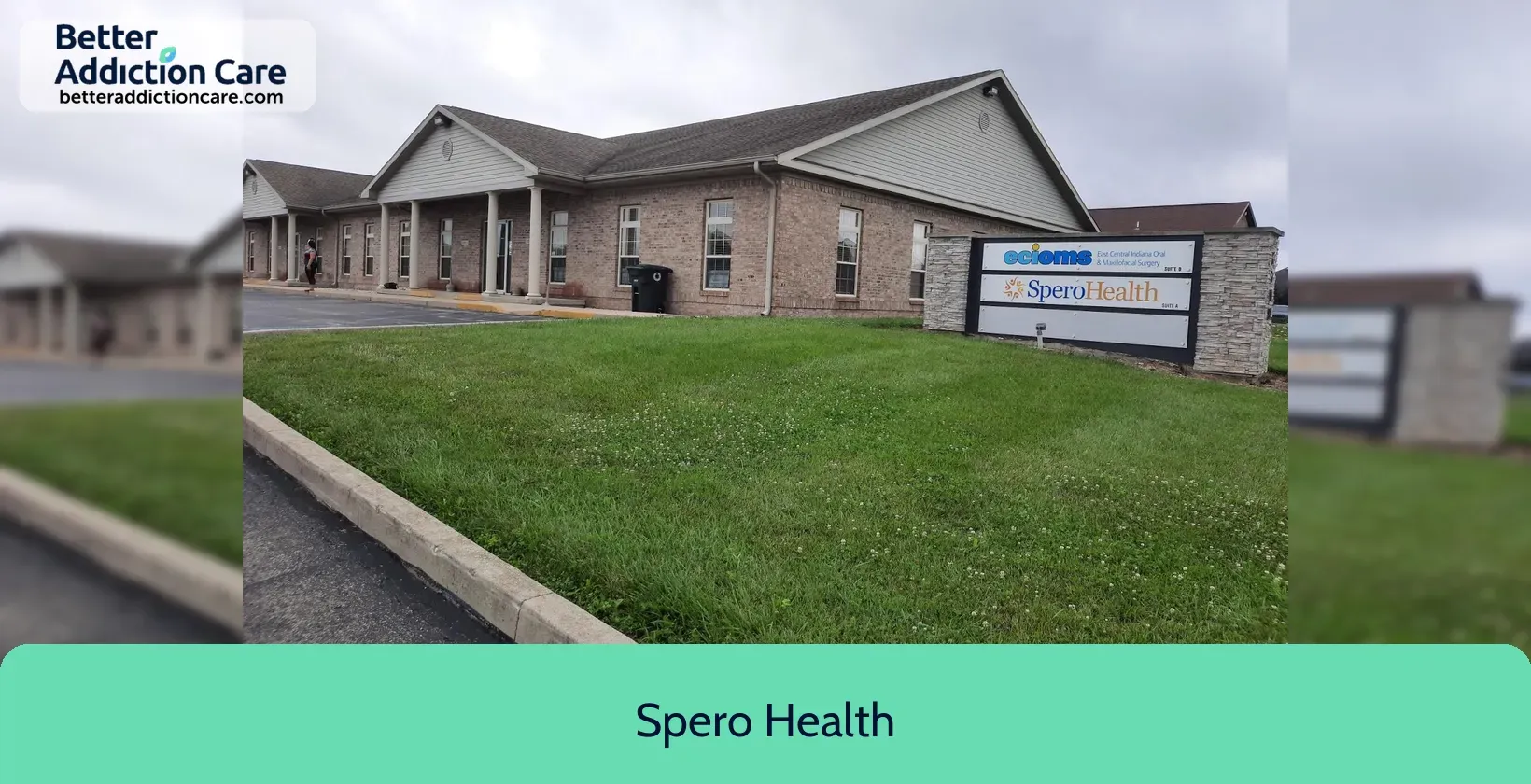
7.68
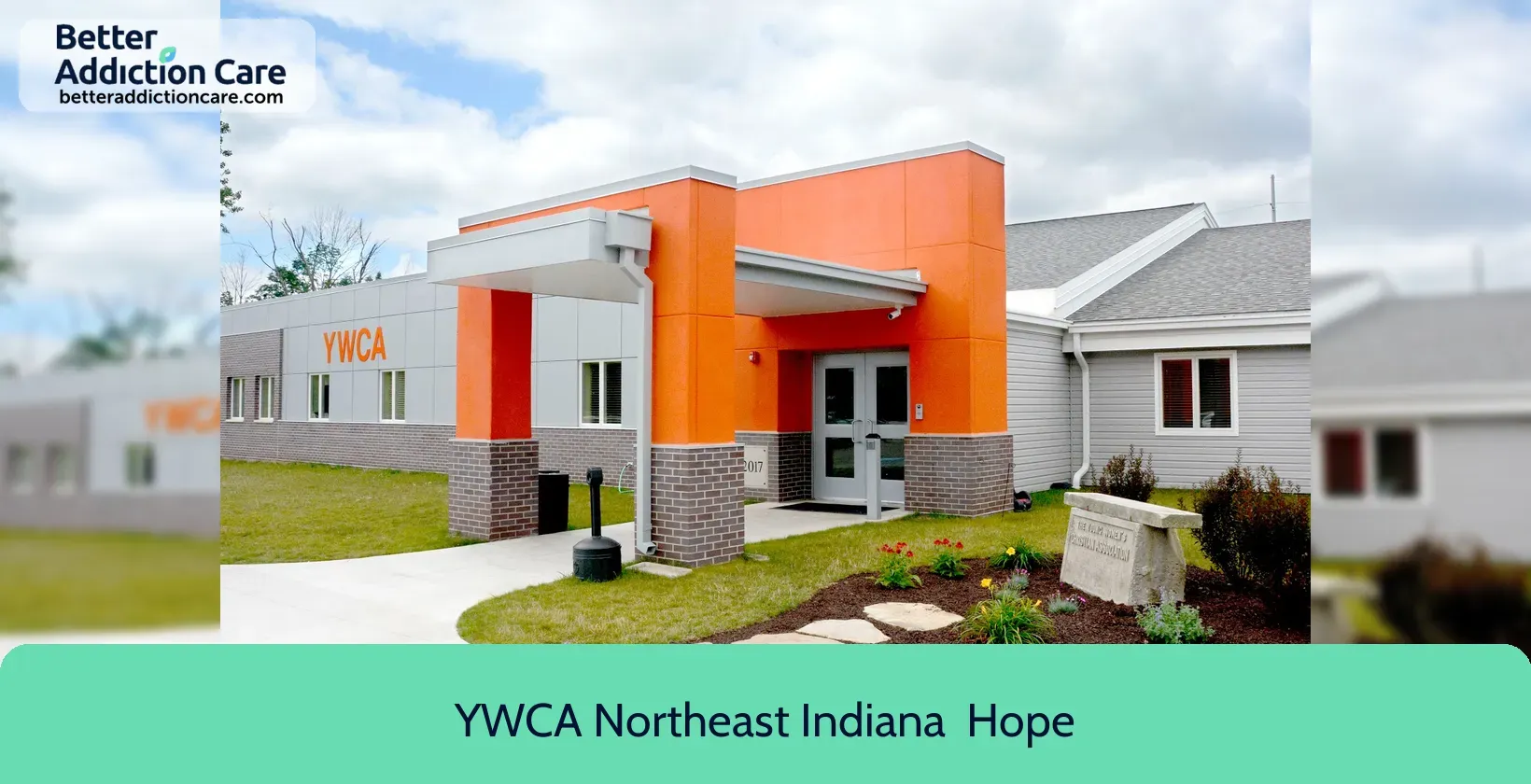
6.77
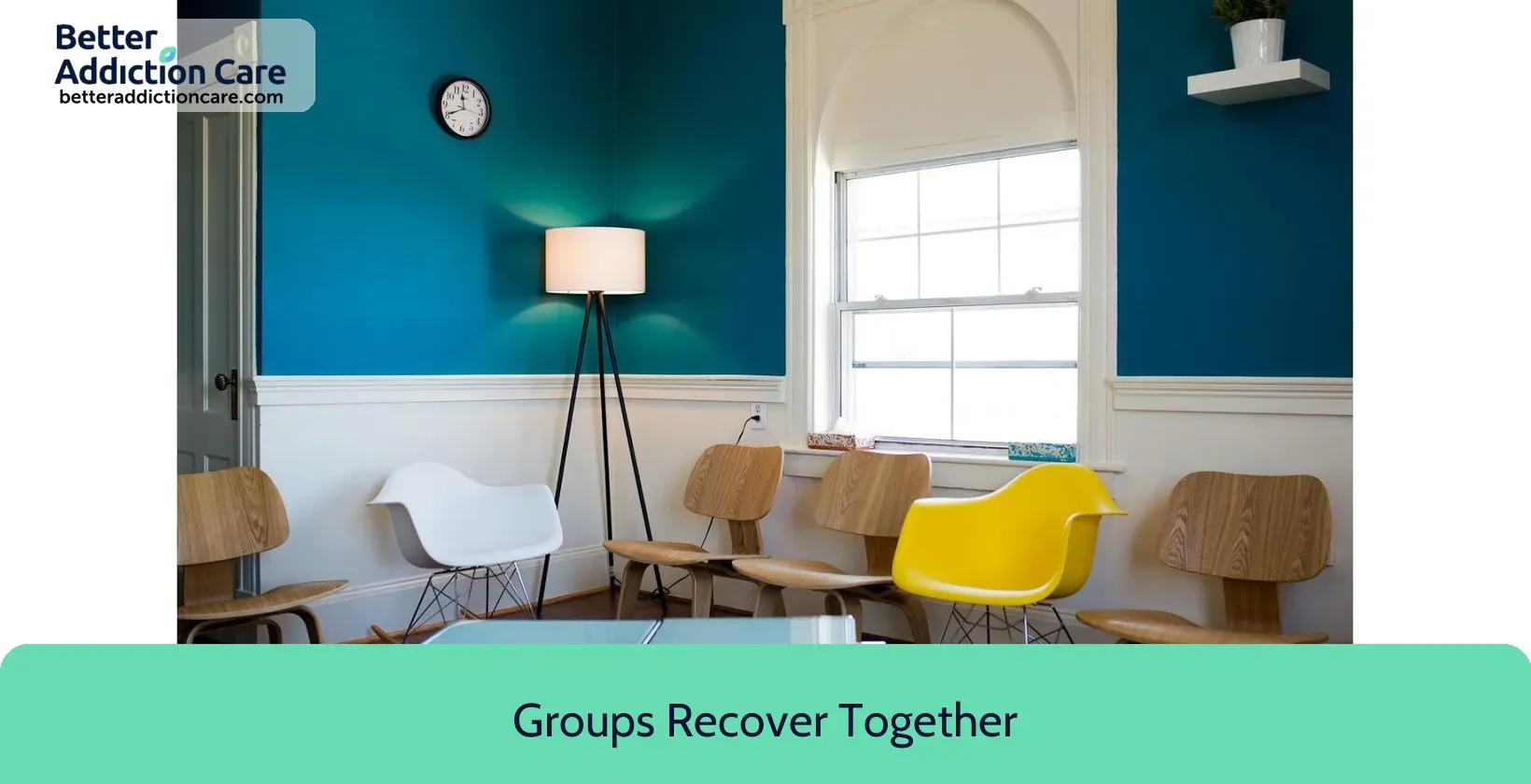
6.84
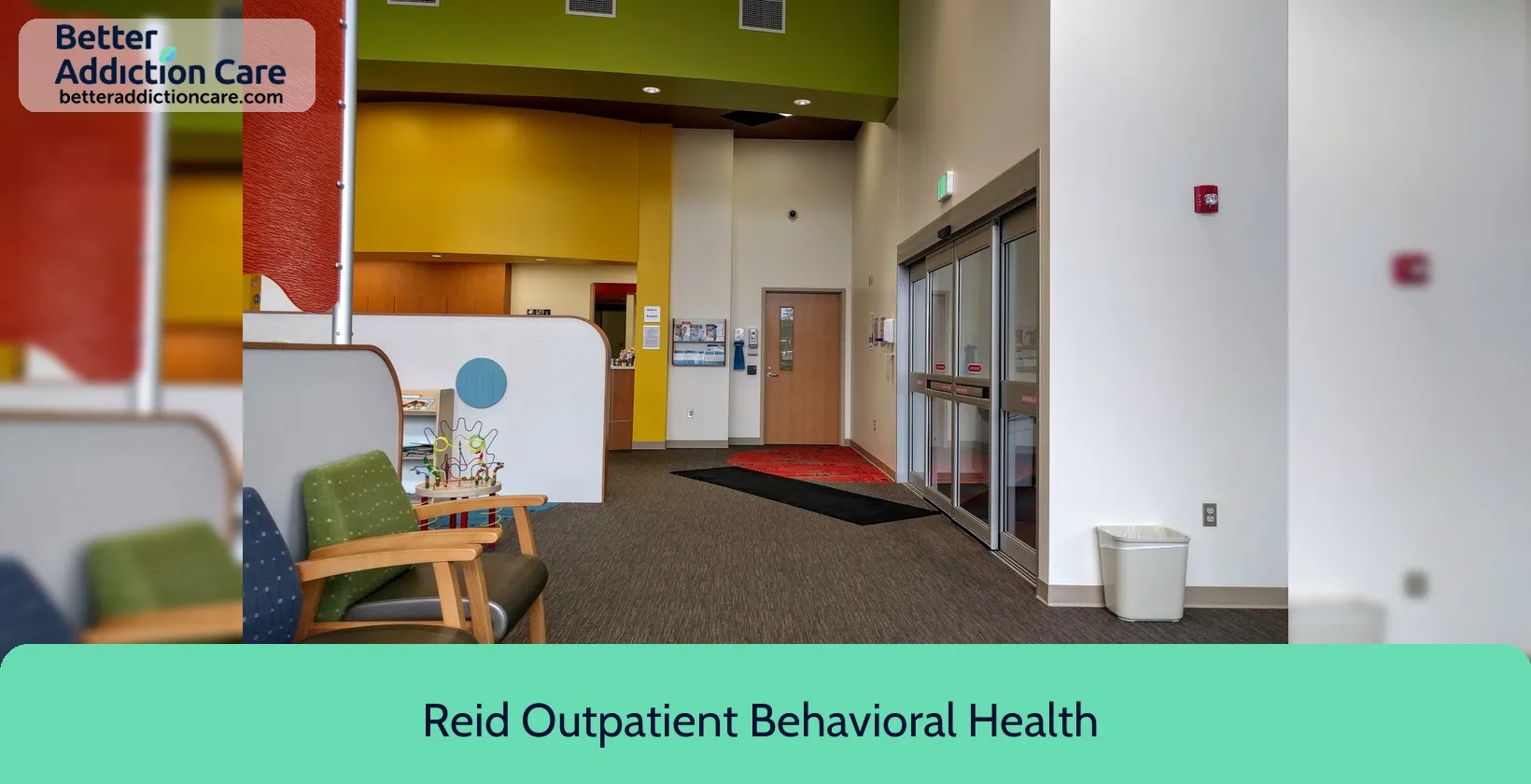
6.62
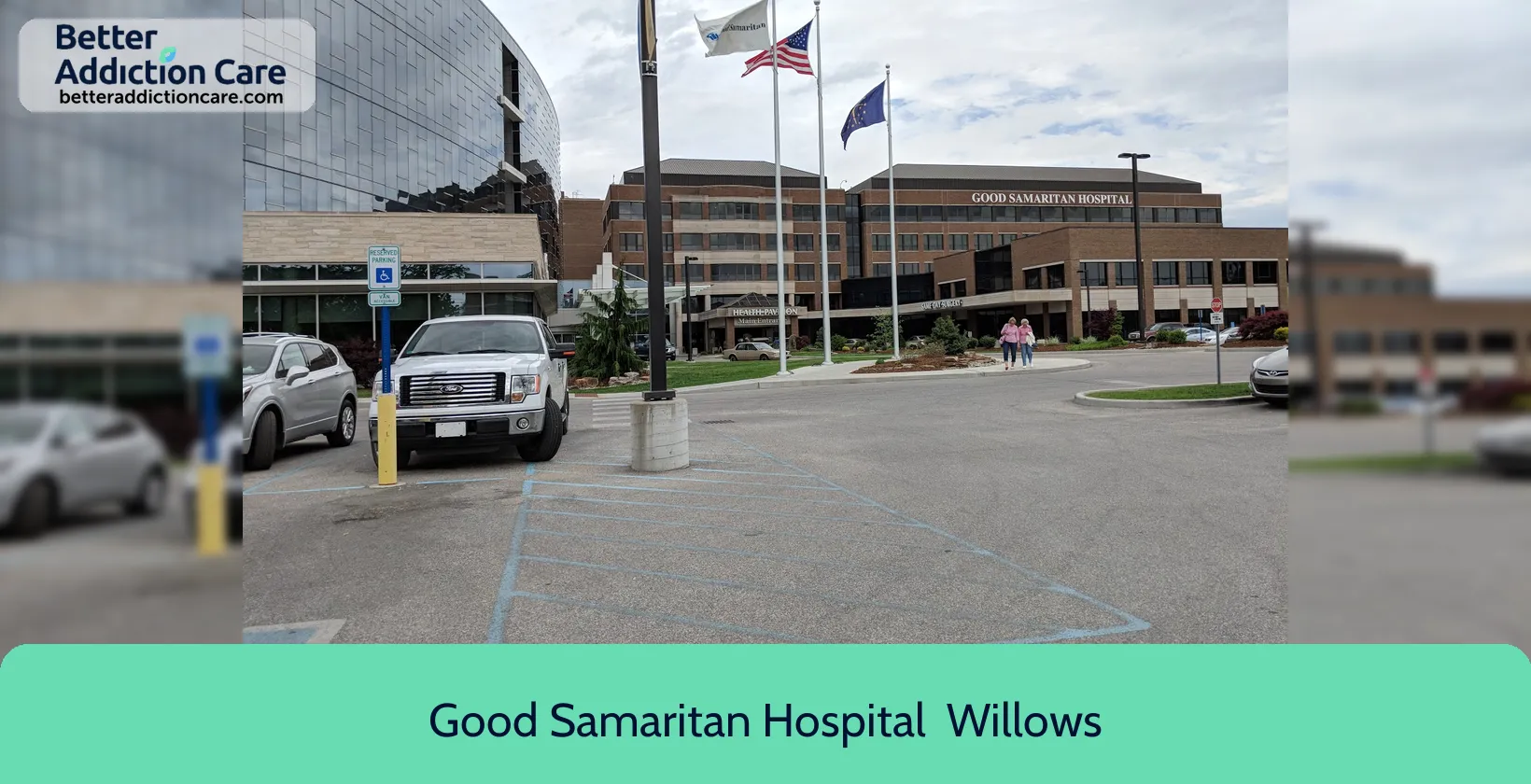
6.65
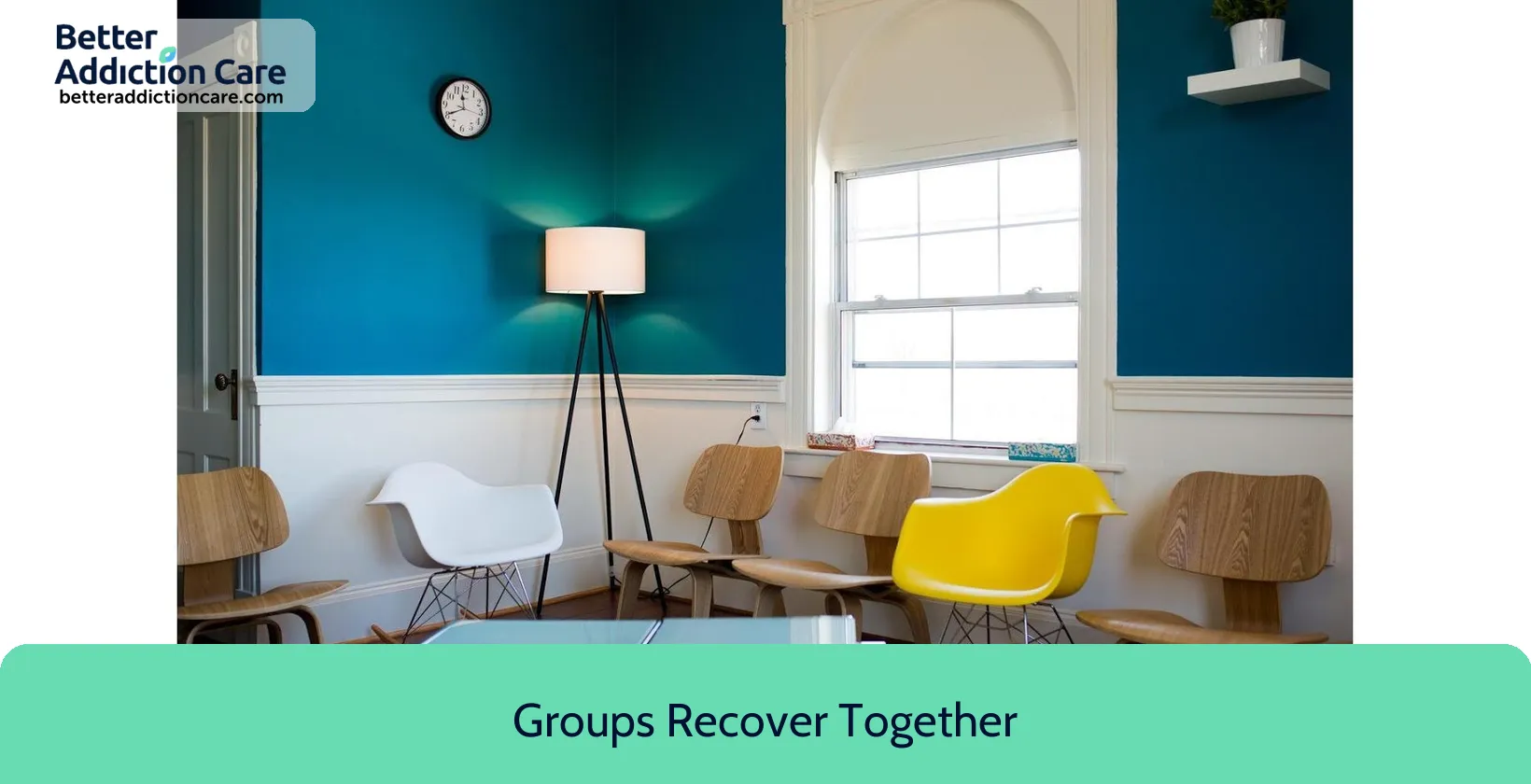
6.84
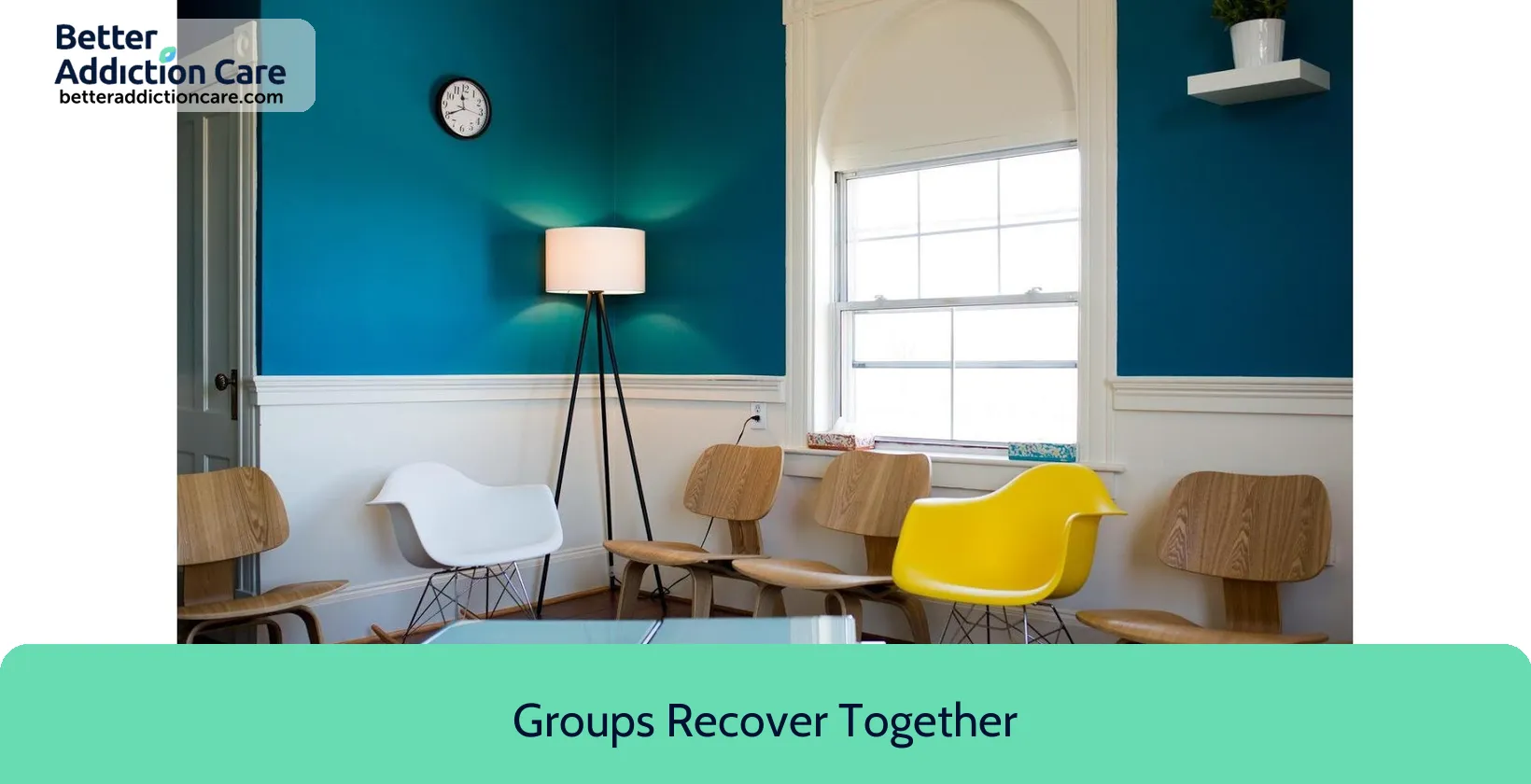
6.84
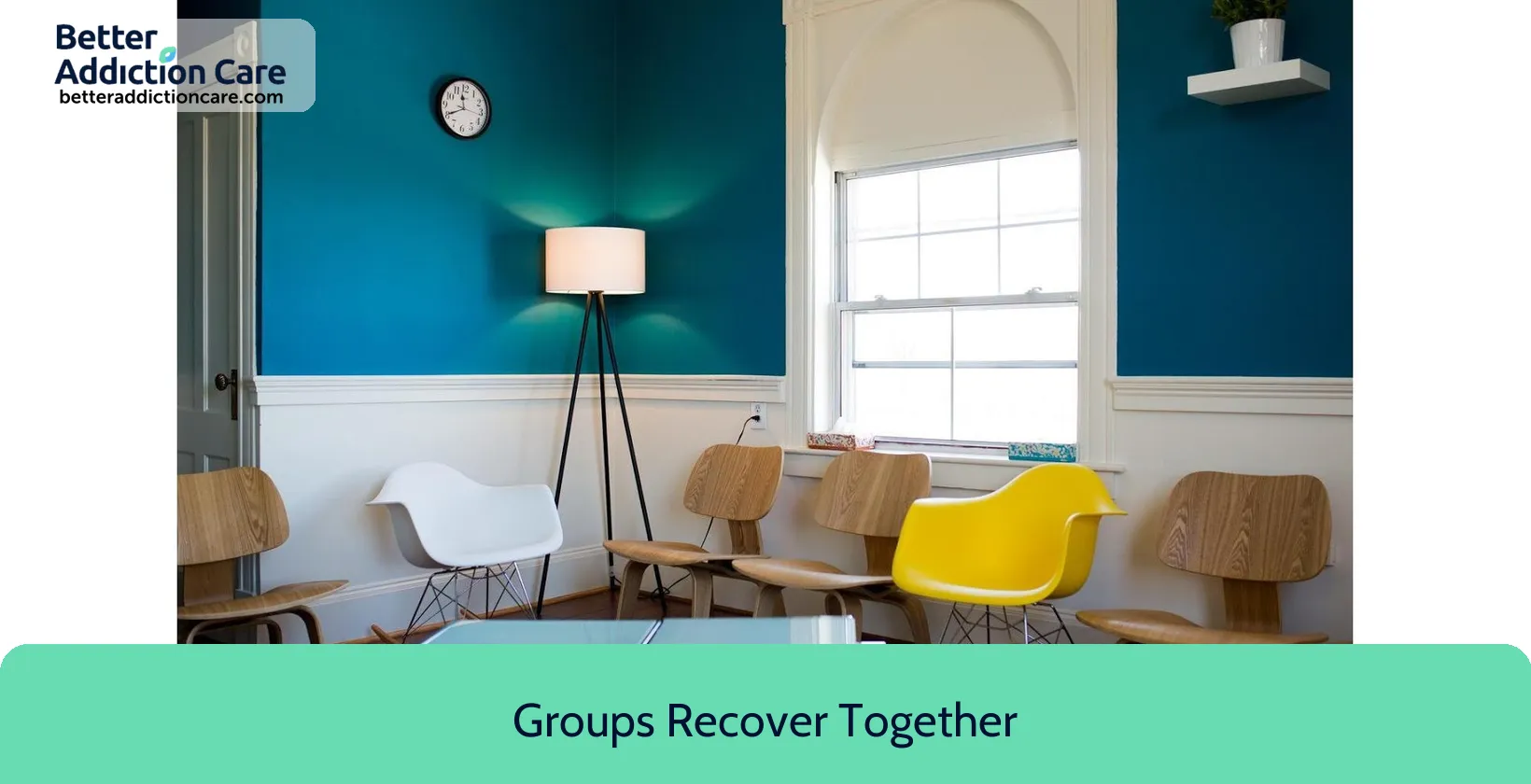
6.84
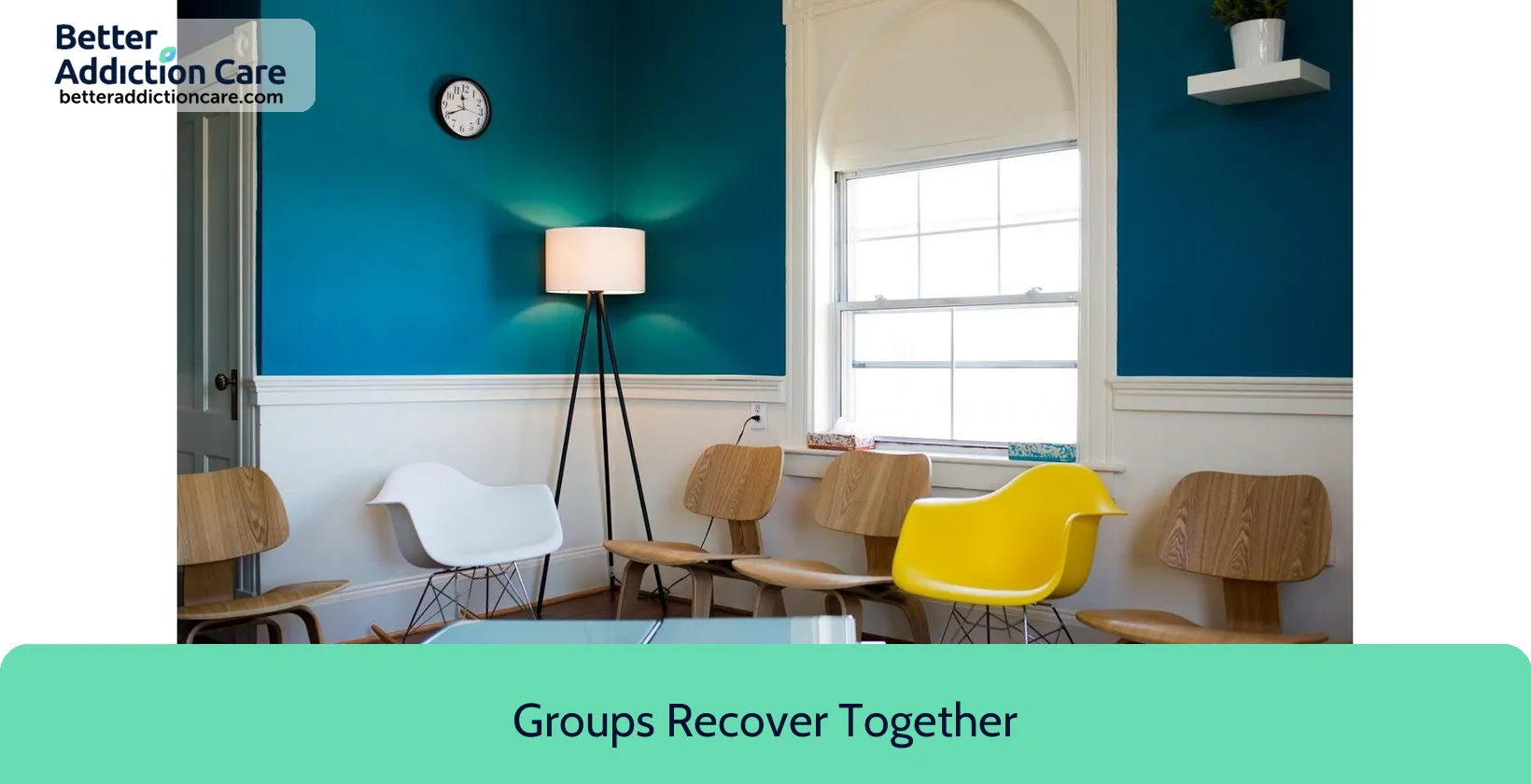
6.84
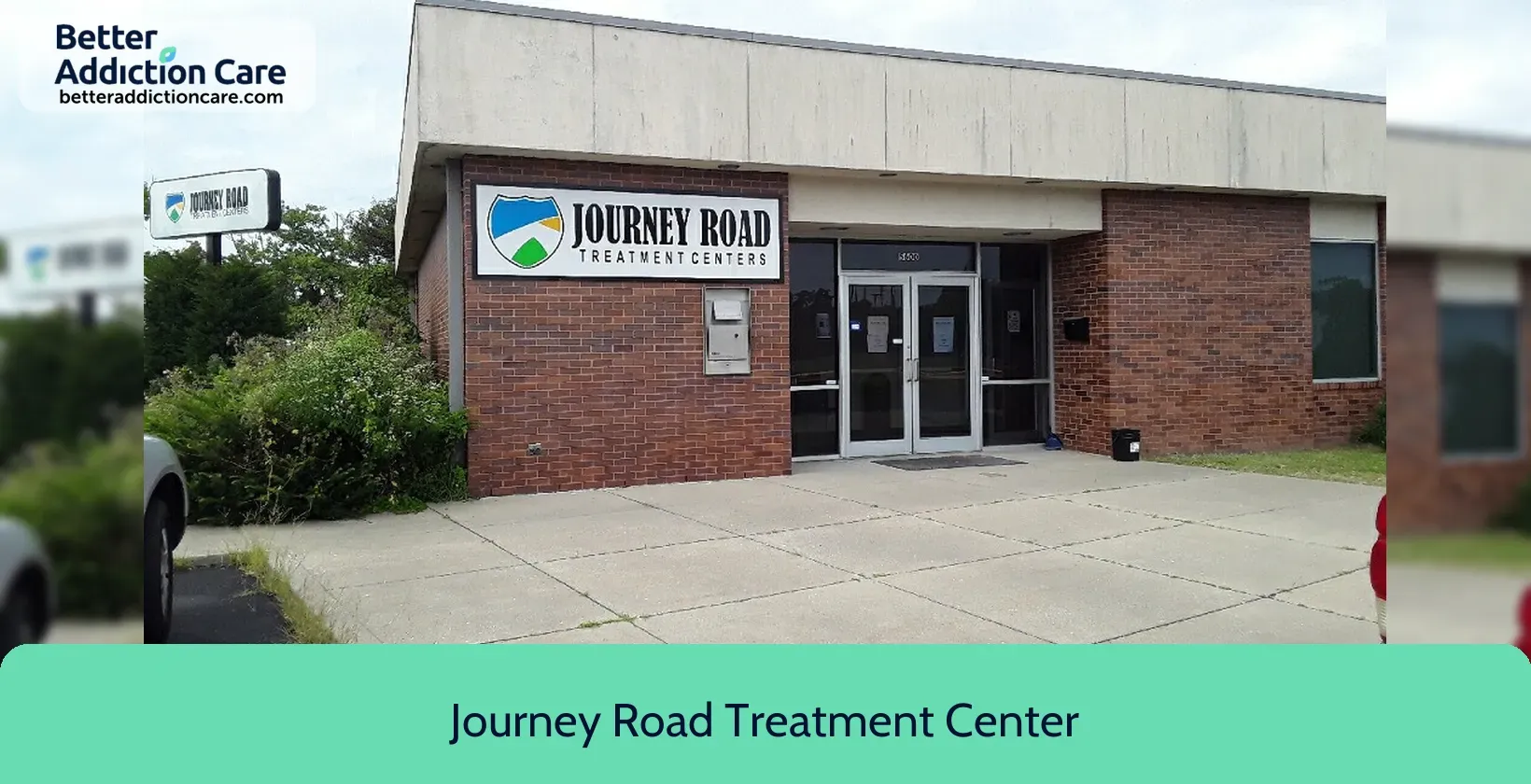
6.62
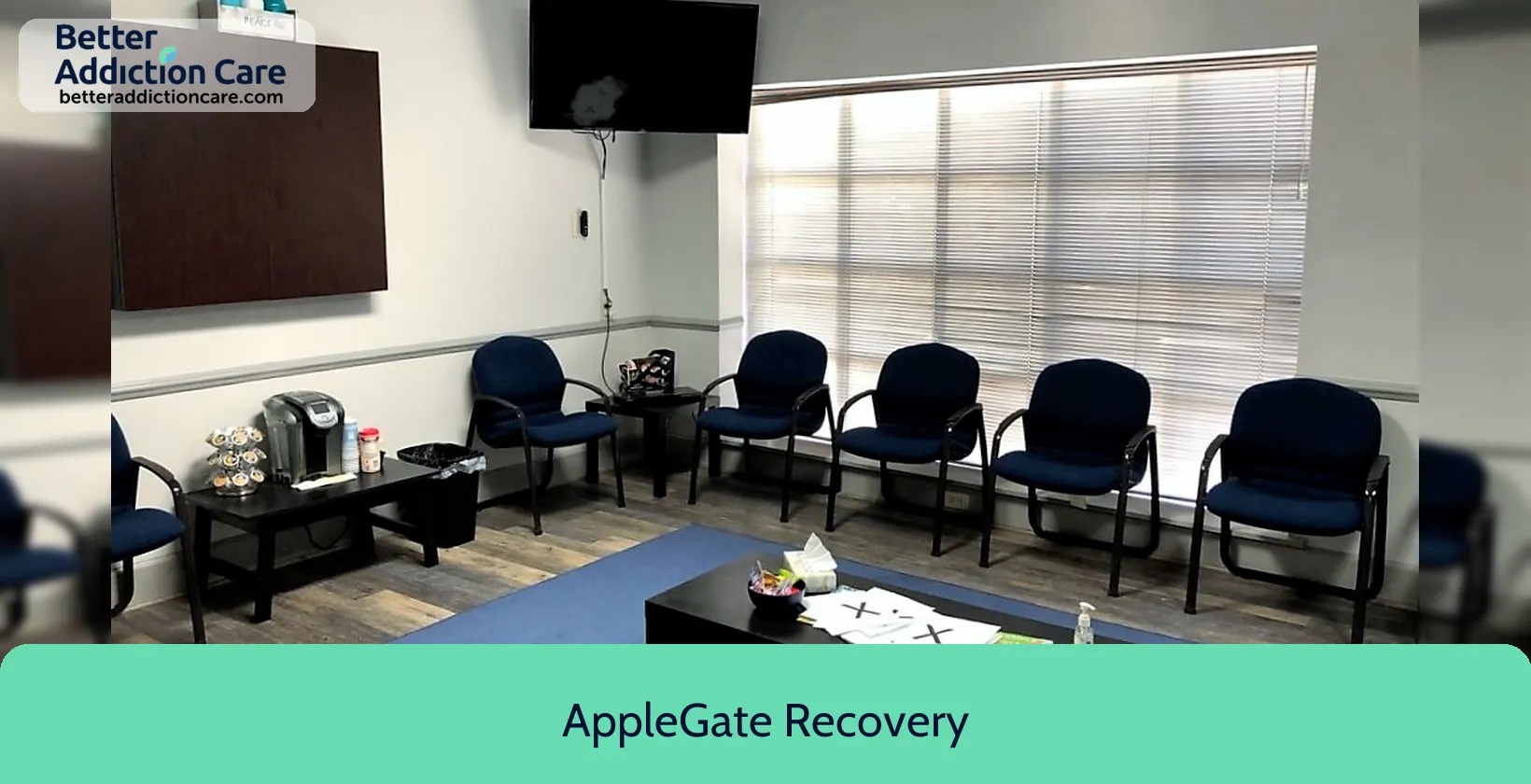
7.30
Substance abuse and Mental Health facilities Report for Indiana
7th
Cheapest To Most Expensive State Rank
427
Substance Abuse Facilities
37,077
Number of Patients Annually
35,612
Annual Enrollments
$60M
Spent on Outpatient Services (Million)
$1,706.00
Avg Outpatient Rehab Cost
852
Residential Admissions
$46M
Spent on Residential Treatment (Million)
$54,824.00
Residential Rehab Pay (Up To)
613
Total Patients
4
Free Drug Rehab Facilities
Alcoholism, Drug Abuse, Mental Health, and Treatment in Indiana
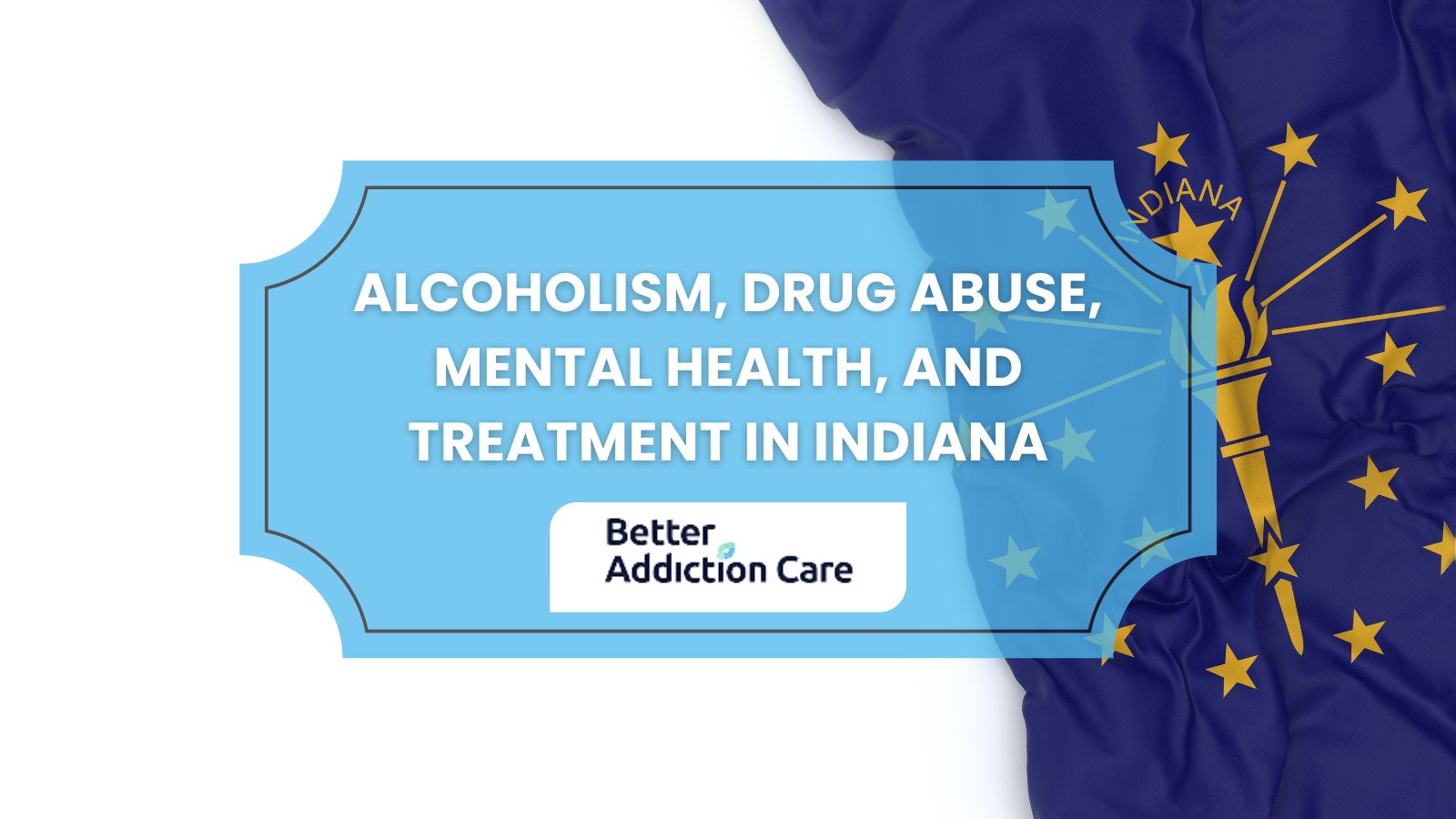
What are the main addictions people in Indiana suffer from?
The main addictions people in Indiana suffer from include:
- Alcohol Addiction: 574,000 individuals aged 12 and older experienced Alcohol addiction in the past year, representing 10.05% of this age group. Among adults aged 18 and over, 559,000 men had alcohol addiction, accounting for 10.84%, while 15,000 females which are 2.61%.
- Tobacco Addiction: 1,633,203 (23.8%) of Hoosiers aged 12 and older reported current tobacco use in 2024. Among adults, 298,876 (18.3%) of men and 266,212 (16.4%) of women smoked cigarettes.
- Marijuana Addiction: 802,877 (11.7%) of individuals aged 12 and older reported current marijuana use. Usage was higher among males, with 200,719 (25.5%) reporting past-month use while 602,158 (7.50%) females are affected from Marijuana addiction.
- Opioid Addiction: 119,000 individuals aged 12 and older had Opioid addiction in the past year, equating to 20.8% of this age group. Among adults aged 18 and over, 113,000 men had OUD, representing 94%, while 6000 women represented 5.04%.
- Stimulant Addiction: 102,931 (1.5%) aged 12 and older reported using cocaine in the past year. Methamphetamine use was reported by 68,621 (61.0%) of men, while 34,310 (33.3%).
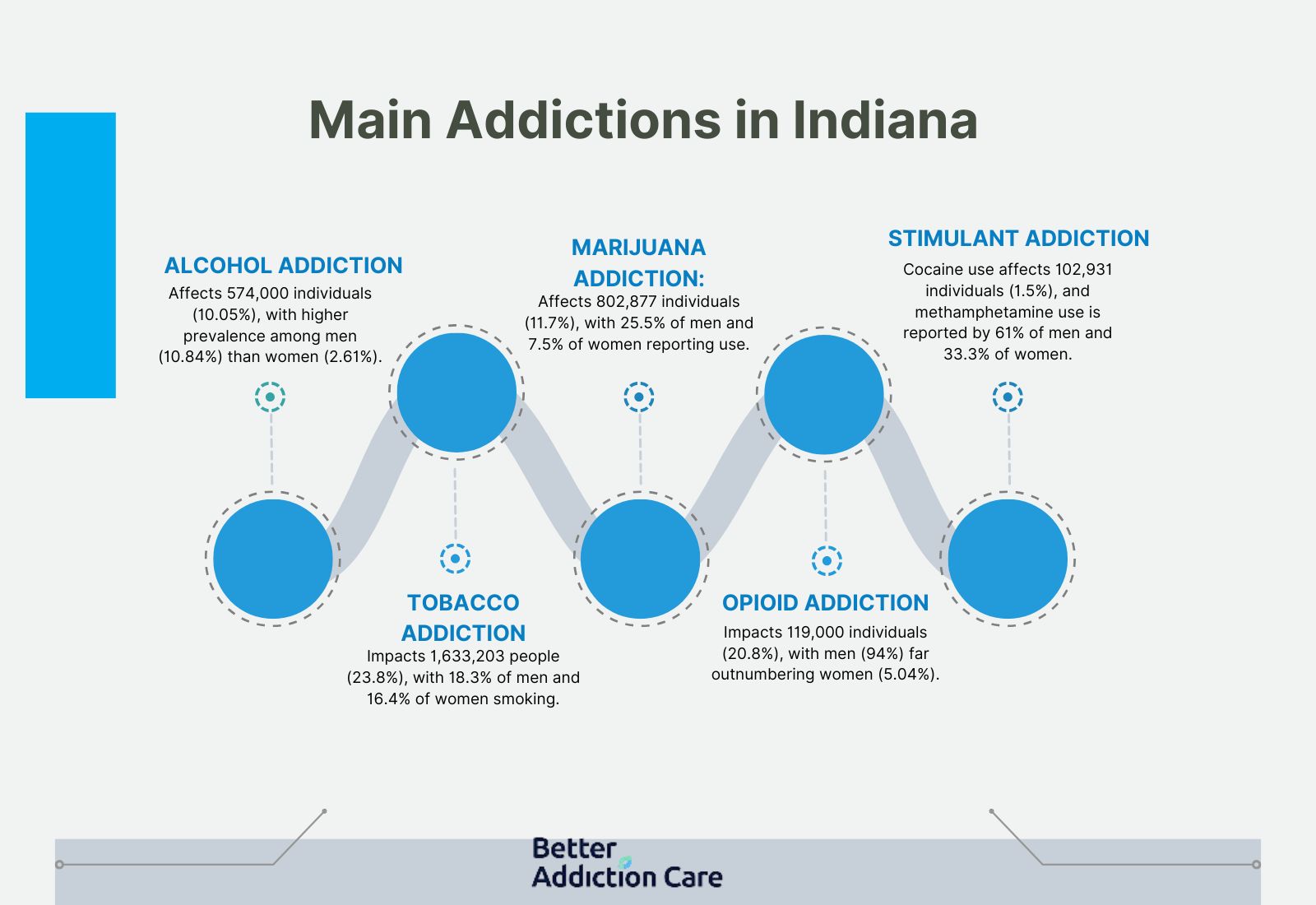
What is the cost of rehab centers in Indiana?
The cost for rehab centers In Indiana is $54,824 per individual, which equates to 81.6%. For a 30-day inpatient program, the cost is $609.16 per day without insurance, totaling $18,275 (33%). A 30-day outpatient program costs $56.87 per day without insurance, totaling $1,706 (3.1%).
The cost of rehab centers vary based on several factors, including the type of addiction and the specific rehab center selected. For instance, treating certain addictions, such as opioid use disorder, often necessitates specialized medications and therapies, potentially increasing costs by 20% to 30%, which translates to an additional $10,965 to $16,447. Moreover, the choice between inpatient programs, which provide around-the-clock care, and outpatient services significantly impact the overall expense. Luxury rehab centers offering high-end amenities further elevate costs.
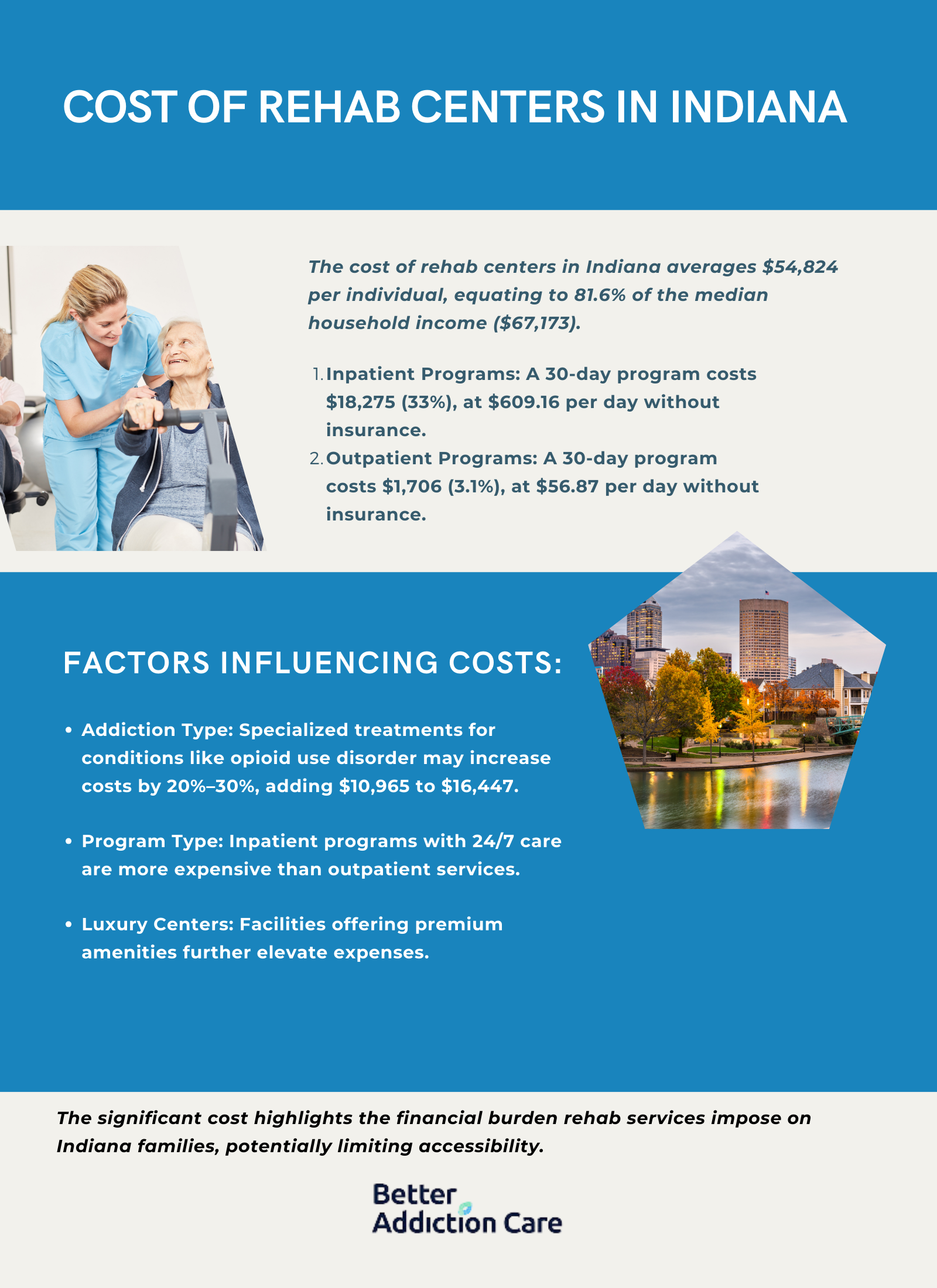
Indiana's median household income is $67,173, the cost for rehab centers constitutes 81.6% of this income, indicating a substantial financial burden for many families. Therefore, while the cost of rehab is influenced by various factors, it often represents a significant portion of the average household income, affecting affordability for numerous residents.
What is the cost of LGBTQ+ rehab centers in Indiana?
The cost of LGBTQ+ rehab centers in Indiana is $52,824, which equates to 78%. For a 30-day inpatient program, the cost is $609.16 per day without insurance, totaling $18,275 (33%). A 30-day outpatient program costs $56.87 per day without insurance, totaling $1,706 (3.1%).
The cost of LGBTQ+ rehab centers in Indiana varies based on several factors, including the type of addiction, treatment program, and facility amenities. The type of addiction being treated also influences costs; for instance, addressing complex addictions such as opioid addiction require specialized therapies and medications, potentially increasing expenses by 20% to 30%, which translates to an additional $3,655 to $5,482. The type of rehab center further affects overall costs. Luxury or private facilities offering specialized LGBTQ+ programs and amenities often have higher fees compared to standard centers.
The median household income in Indiana is $67,173. The cost of LGBTQ+ rehab centers in Indiana constitutes 78%. Inpatient rehab without insurance represents 27% of this income, while outpatient rehab accounts for 2.5%, indicating that inpatient care is a significant financial commitment for many households.
What is the cost of Faith-Based rehab centers in Indiana?
The cost of Faith based rehab centers in Indiana is $53,904, which equates to 80%. For a 30-day inpatient program, the cost is $609.16 per day without insurance, totaling $18,275 (33%). A 30-day outpatient program costs $56.87 per day without insurance, totaling $1,706 (3.1%).
The cost of Faith based rehab centers in Indiana varies based on several factors, including the type of addiction, treatment program, and facility amenities. The type of addiction being treated also influences costs; for instance, addressing complex addictions such as opioid addiction require specialized therapies and medications, potentially increasing expenses by 20% to 30%, which translates to an additional $3,655 to $5,482. The type of rehab center further affects overall costs. Luxury or private facilities offering specialized Faith based programs and amenities often have higher fees compared to standard centers.
The median household income in Indiana is $67,173. The cost of Faith based rehab centers in Indiana constitutes 80%. Inpatient rehab without insurance represents 27% of this income, while outpatient rehab accounts for 2.5%, indicating that inpatient care is a significant financial commitment for many households.
What is the cost of Men-Only rehab centers in Indiana?
The cost of Men-Only rehab centers in Indiana is $50,824, which equates to 75.6%. For a 30-day inpatient program, the cost is $609.16 per day without insurance, totaling $18,275 (33%). A 30-day outpatient program costs $56.87 per day without insurance, totaling $1,706 (3.1%).
The cost of Men-Only rehab centers in Indiana varies based on several factors, including the type of addiction, treatment program, and facility amenities. The type of addiction being treated also influences costs; for instance, addressing complex addictions such as opioid addiction require specialized therapies and medications, potentially increasing expenses by 20% to 30%, which translates to an additional $3,655 to $5,482. The type of rehab center further affects overall costs. Luxury or private facilities offering specialized Men-Only programs and amenities often have higher fees compared to standard centers.
The median household income in Indiana is $67,173. The cost of Men-Only rehab centers in Indiana constitutes 75.6%. Inpatient rehab without insurance represents 27% of this income, while outpatient rehab accounts for 2.5%, indicating that inpatient care is a significant financial commitment for many households.
What is the cost of Women-Only rehab centers in Indiana?
The cost of Women-Only rehab centers in Indiana is $51,000, which equates to 75%. For a 30-day inpatient program, the cost is $609.16 per day without insurance, totaling $18,275 (33%). A 30-day outpatient program costs $56.87 per day without insurance, totaling $1,706 (3.1%).
The cost of Women-Only rehab centers in Indiana varies based on several factors, including the type of addiction, treatment program, and facility amenities. The type of addiction being treated also influences costs; for instance, addressing complex addictions such as opioid addiction require specialized therapies and medications, potentially increasing expenses by 20% to 30%, which translates to an additional $3,655 to $5,482. The type of rehab center further affects overall costs. Luxury or private facilities offering specialized Women-Only programs and amenities often have higher fees compared to standard centers.
The median household income in Indiana is $67,173. The cost of Women-Only rehab centers in Indiana constitutes 75%. Inpatient rehab without insurance represents 27% of this income, while outpatient rehab accounts for 2.5%, indicating that inpatient care is a significant financial commitment for many households.
What is the cost of Teen rehab centers in Indiana?
The cost of Teen rehab centers in Indiana is $49,824, which equates to 74%. For a 30-day inpatient program, the cost is $609.16 per day without insurance, totaling $18,275 (33%). A 30-day outpatient program costs $56.87 per day without insurance, totaling $1,706 (3.1%).
The cost of Teen rehab centers in Indiana varies based on several factors, including the type of addiction, treatment program, and facility amenities. The type of addiction being treated also influences costs; for instance, addressing complex addictions such as opioid addiction require specialized therapies and medications, potentially increasing expenses by 20% to 30%, which translates to an additional $3,655 to $5,482. The type of rehab center further affects overall costs. Luxury or private facilities offering specialized Teen programs and amenities often have higher fees compared to standard centers.
The median household income in Indiana is $67,173. The cost of Teen rehab centers in Indiana constitutes 74%. Inpatient rehab without insurance represents 27% of this income, while outpatient rehab accounts for 2.5%, indicating that inpatient care is a significant financial commitment for many households.
What is the cost of Young Adult rehab centers in Indiana?
The cost of Young Adult rehab centers in Indiana is $49,000, which equates to 72%. For a 30-day inpatient program, the cost is $609.16 per day without insurance, totaling $18,275 (33%). A 30-day outpatient program costs $56.87 per day without insurance, totaling $1,706 (3.1%).
The cost of Young Adult rehab centers in Indiana varies based on several factors, including the type of addiction, treatment program, and facility amenities. The type of addiction being treated also influences costs; for instance, addressing complex addictions such as opioid addiction require specialized therapies and medications, potentially increasing expenses by 20% to 30%, which translates to an additional $3,655 to $5,482. The type of rehab center further affects overall costs. Luxury or private facilities offering specialized Young Adult programs and amenities often have higher fees compared to standard centers.
The median household income in Indiana is $67,173. The cost of Young Adult rehab centers in Indiana constitutes 72%. Inpatient rehab without insurance represents 27% of this income, while outpatient rehab accounts for 2.5%, indicating that inpatient care is a significant financial commitment for many households.
What is the cost of Luxury Rehab centers in Indiana?
The cost of Luxury Rehab centers in Indiana is $60,000, which equates to 89%. The cost of luxury inpatient rehab programs ranges from $20,000 to $80,000 for a 30-day program, depending on the level of luxury and services provided.
Luxury rehab centers in Indiana offer premium amenities and personalized treatment plans, leading to higher costs compared to standard facilities. Treating complex addictions, such as opioid addiction, require specialized therapies and medications, potentially increasing costs by 20% to 30%, which add $4,000 to $24,000 to the base cost of treatment. Luxury facilities often offer services such as private rooms, gourmet meals, spa treatments, and holistic therapies, which significantly elevate costs.
The median household income in Indiana is $67,173, the cost of luxury inpatient rehab constitute 89% of median household income, representing a substantial financial commitment. At the lower end of the cost spectrum ($20,000), it accounts for 30% of the median household income, while at the higher end ($80,000), it constitutes 119%.
What is the cost of Dual Diagnosis rehab centers in Indiana?
The cost of Dual Diagnosis rehab centers in Indiana is $54,000, which equates to 80%. For a 30-day inpatient program, the cost is $609.16 per day without insurance, totaling $18,275 (33%). A 30-day outpatient program costs $56.87 per day without insurance, totaling $1,706 (3.1%).
The cost of Dual Diagnosis rehab centers in Indiana varies based on several factors, including the type of addiction, treatment program, and facility amenities. The type of addiction being treated also influences costs; for instance, addressing complex addictions such as opioid addiction require specialized therapies and medications, potentially increasing expenses by 20% to 30%, which translates to an additional $3,655 to $5,482. The type of rehab center further affects overall costs. Luxury or private facilities offering specialized Dual Diagnosis programs and amenities often have higher fees compared to standard centers.
The median household income in Indiana is $67,173. The cost of Dual Diagnosis rehab centers in Indiana constitutes 80%. Inpatient rehab without insurance represents 27% of this income, while outpatient rehab accounts for 2.5%, indicating that inpatient care is a significant financial commitment for many households.
Is drug abuse and addiction a problem in Indiana?
Yes, drug abuse and addiction is a problem in Indiana. Between 2002 and 2024, Indiana’s age-adjusted drug overdose death rate increased from 6.2 to 26.6 deaths per 100,000 people, indicating a substantial rise in fatalities over two decades.
The opioid crisis has profoundly impacted Indiana, with 4,000 residents succumbing to opioid-related overdoses in the past decade. The presence of fentanyl in overdose cases has surged, with synthetic opioids involved in 72% of total overdose deaths in 2024, marking a 74.7-fold increase in the death rate involving fentanyl between 2005 and 2024. These statistics of drug abuse and addiction underscore the escalating challenge of drug abuse and addiction in Indiana over recent years.
Is alcoholism a problem in Indiana?
Yes, alcoholism is a problem in Indiana. 50.7% of Hoosiers aged 12 and older reported consuming alcohol in the past month, with 20.66% engaging in binge drinking. Between 2012 and 2024, all regions in Indiana saw a decrease in alcohol use disorder, with the Western region experiencing the largest drop from 8.61% in 2012 to 6.16% in 2024.
In 2024, the age-adjusted alcohol-attributable mortality rate in Indiana was 15.1 per 100,000 population, reflecting a slight increase from the previous year. These statistics indicate that while there have been some improvements, alcohol consumption and its associated consequences remain significant issues in Indiana.
Is Mental Health a problem in Indiana?
Yes, mental health is a problem in Indiana. 1,129,000 adults in Indiana experience mental health conditions, a figure that has been rising over the years. In February 2024, 38.5% of Indiana adults reported symptoms of anxiety or depression, with 19.2% unable to access necessary counseling or therapy.
Indiana's suicide rate has consistently exceeded the national average since 2002, indicating a persistent and growing mental health crisis. These statistics underscore the escalating mental health challenges faced by Indiana residents over time.
Can you travel to Indiana for rehab?
Yes, you can travel to Indiana for rehab is a viable option due to several compelling reasons. Firstly, Indiana offers a diverse array of accredited rehab centers that cater to various treatment needs, including inpatient, outpatient, and specialized programs. This diversity ensures that individuals find a program tailored to their specific requirements. Secondly, Indiana’s central location in the Midwest makes it accessible from various parts of the country, facilitating travel and continuity of care. Thirdly, Indiana's rehab centers often emphasize community involvement and support, providing a nurturing environment conducive to recovery. These factors collectively make Indiana an attractive destination for individuals seeking comprehensive and accessible rehabilitation services.
Can addiction be treated in Indiana?
Yes, addiction can be treated in Indiana. Indiana offers a comprehensive network of certified addiction treatment providers, ensuring that individuals have access to a variety of evidence-based treatment options tailored to their specific needs.
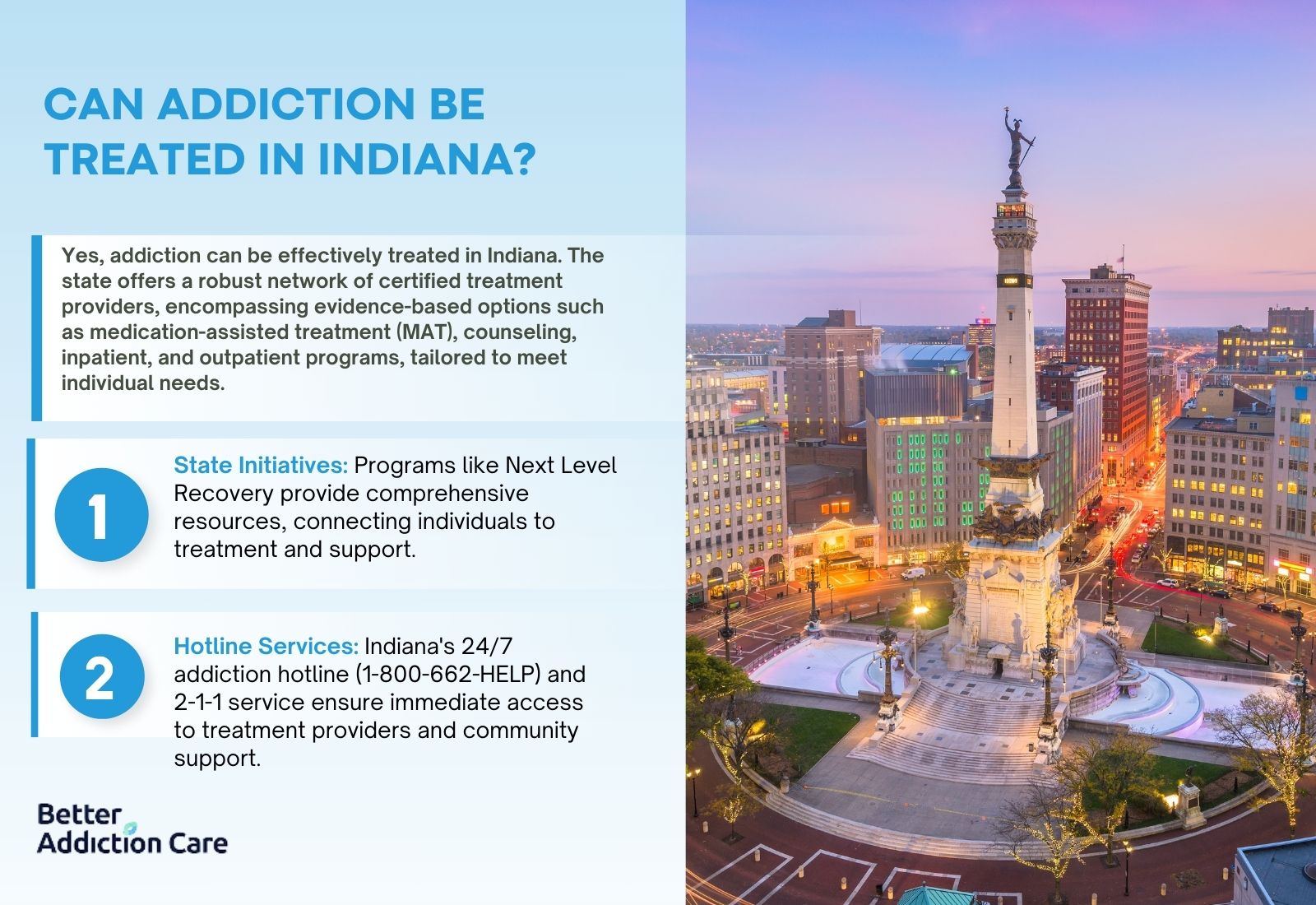
Indiana has implemented statewide initiatives, such as the Next Level Recovery program, which provides resources and support for individuals seeking treatment, including connections to medication-assisted treatment and counseling services. Indiana maintains a 24/7 addiction hotline (1-800-662-HELP) and a 2-1-1 service to connect individuals with available treatment providers and community resources, ensuring that help is accessible at any time.
What is the state of Indiana?
The state of Indiana is located in the Midwestern United States, shares borders with Michigan to the north, Ohio to the east, Kentucky to the south across the Ohio River, and Illinois to the west. As of July 1, 2024, Indiana's population was 6,862,199, with a gender distribution of 50.3% female and 49.7% male.
Economically, Indiana ranks 19th among U.S. states, contributing 1.8% to the national economy. Indiana's economy is diverse, with strengths in manufacturing, agriculture, and services. However, Indiana's per capita personal income has been below the national average, indicating economic challenges relative to other states. Lastly, Indiana is a centrally located Midwestern state with a balanced gender population and a diverse economy that faces certain economic challenges compared to national benchmarks.
What is the population of Indiana?
The population of Indiana is 6,862,199 in 2024, with a gender distribution of 50.8% female and 49.2% male. The age distribution is as follows: 5.9% are under 5 years old, 17.2% are between 5 and 17 years old, 9.6% are between 18 and 24 years old, 25.8% are between 25 and 44 years old, 24.2% are between 45 and 64 years old, and 17.2% are 65 years and older. These figures provide a comprehensive overview of Indiana's population by gender and age group.
What is the income of people from Indiana?
The income of people from Indiana is $37,299, per capita, while the median household income is $69,477 In Indiana. Income levels vary across different age groups and between genders. Individuals in the 45 to 64 age bracket earn higher incomes compared to younger and older age groups, reflecting peak earning years. Gender disparities are evident, with males generally earning more than females, a trend influenced by various factors including occupation types and work experience. These figures provide insight into the economic landscape of Indiana's residents.


